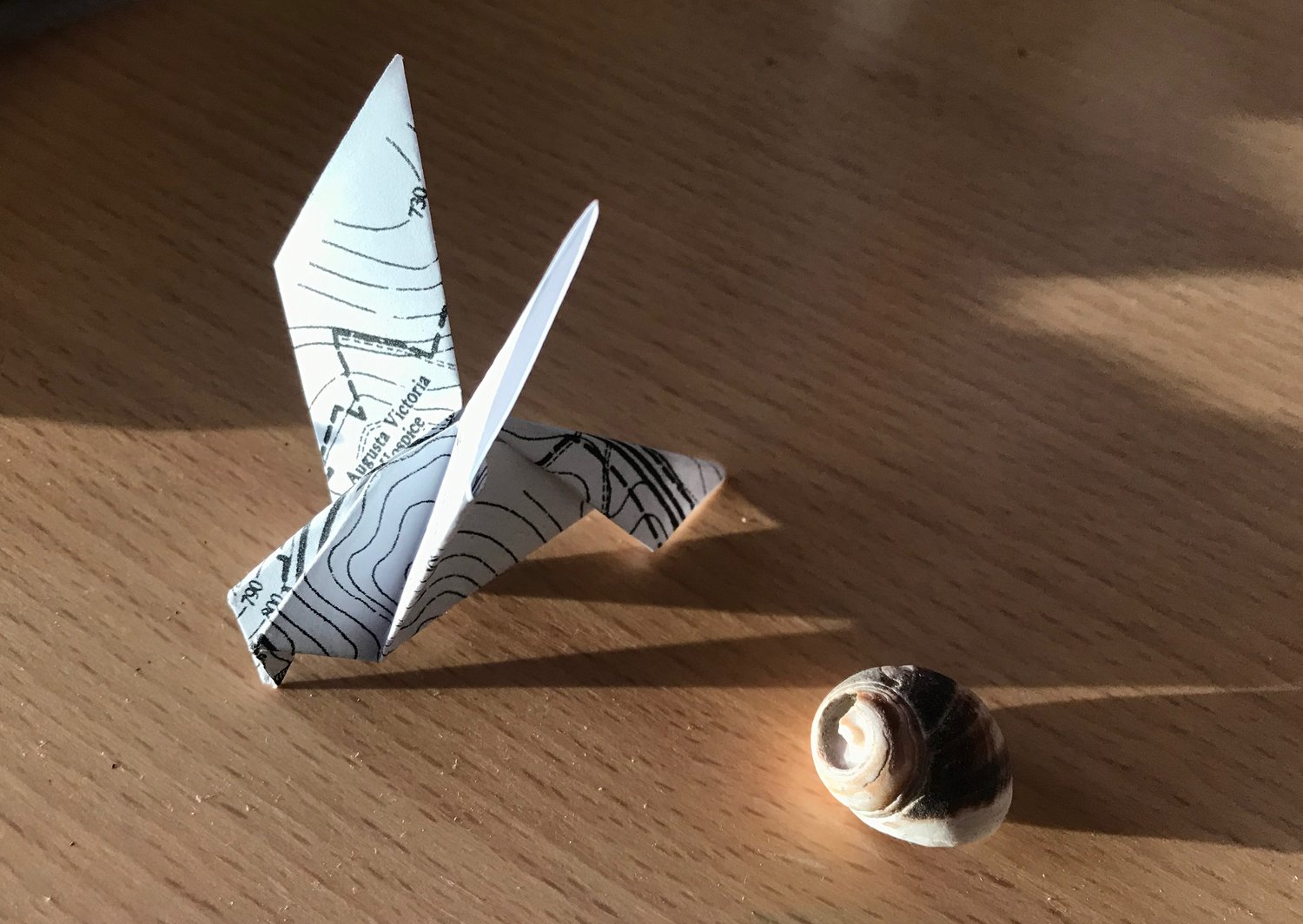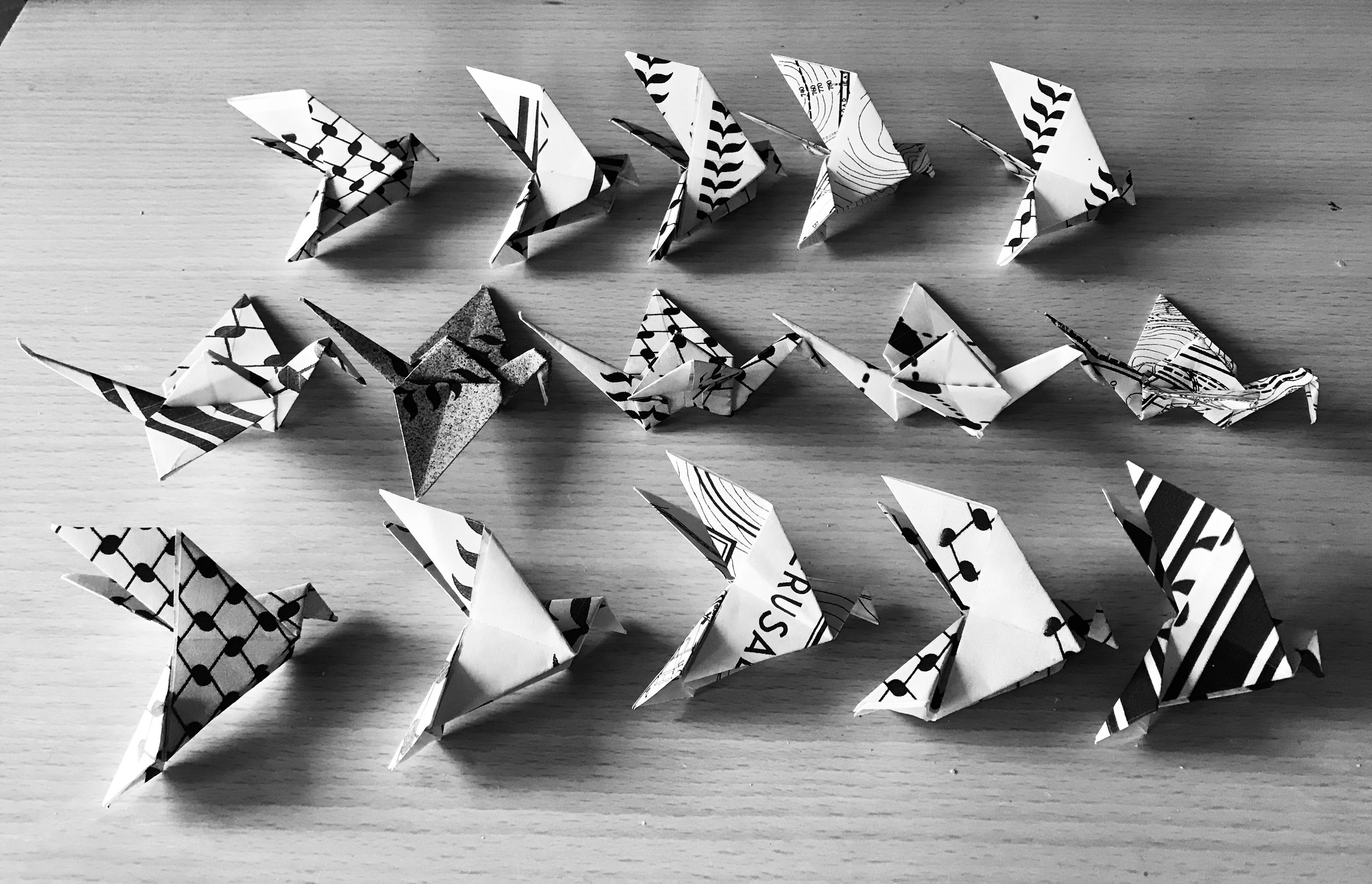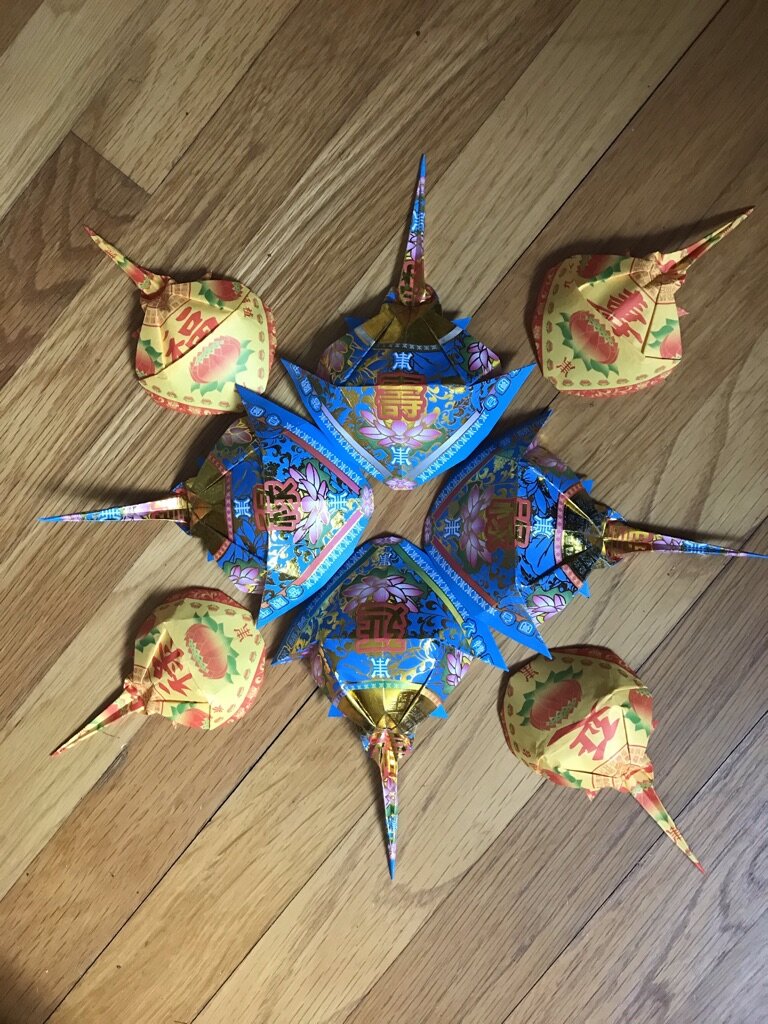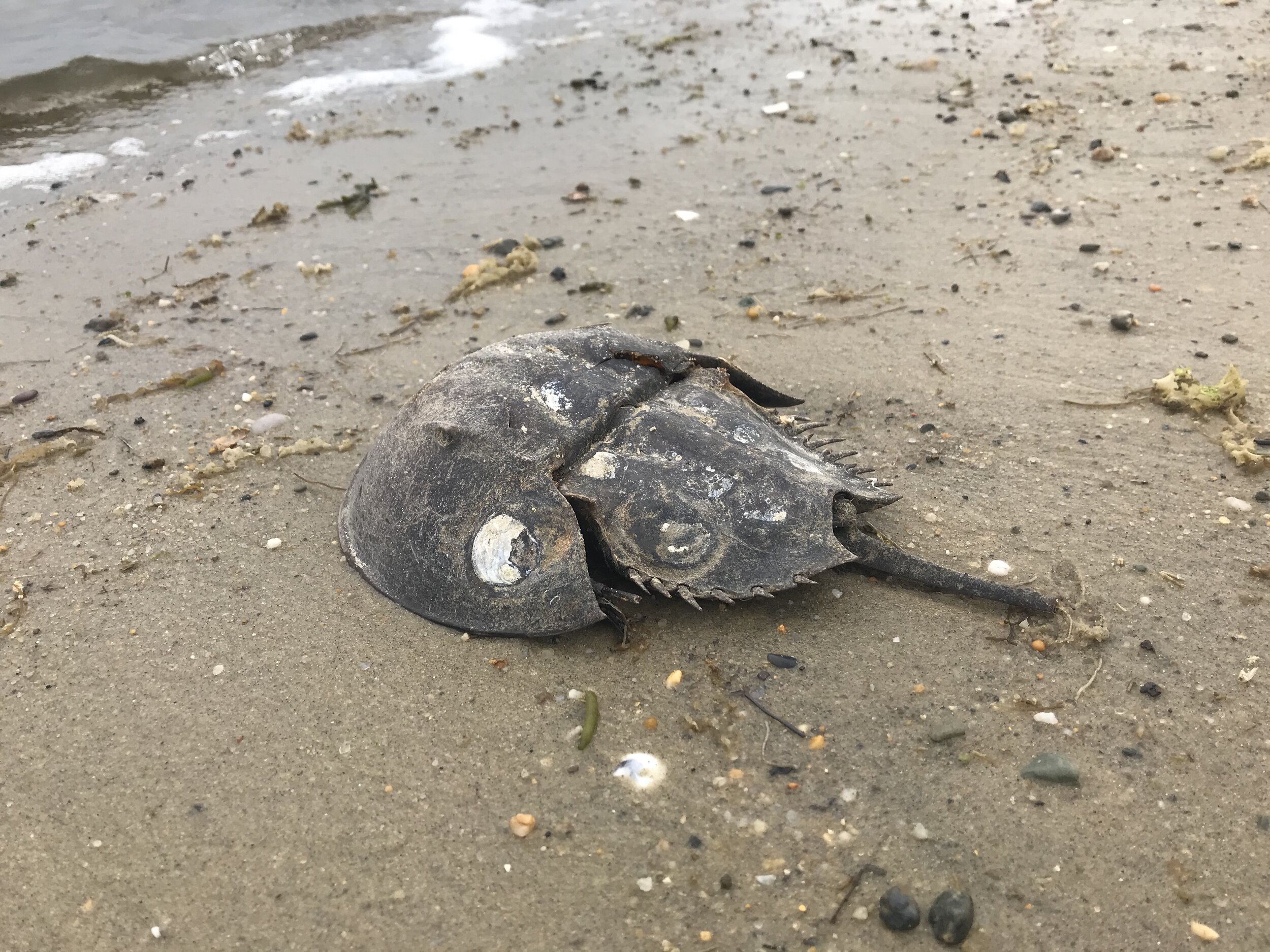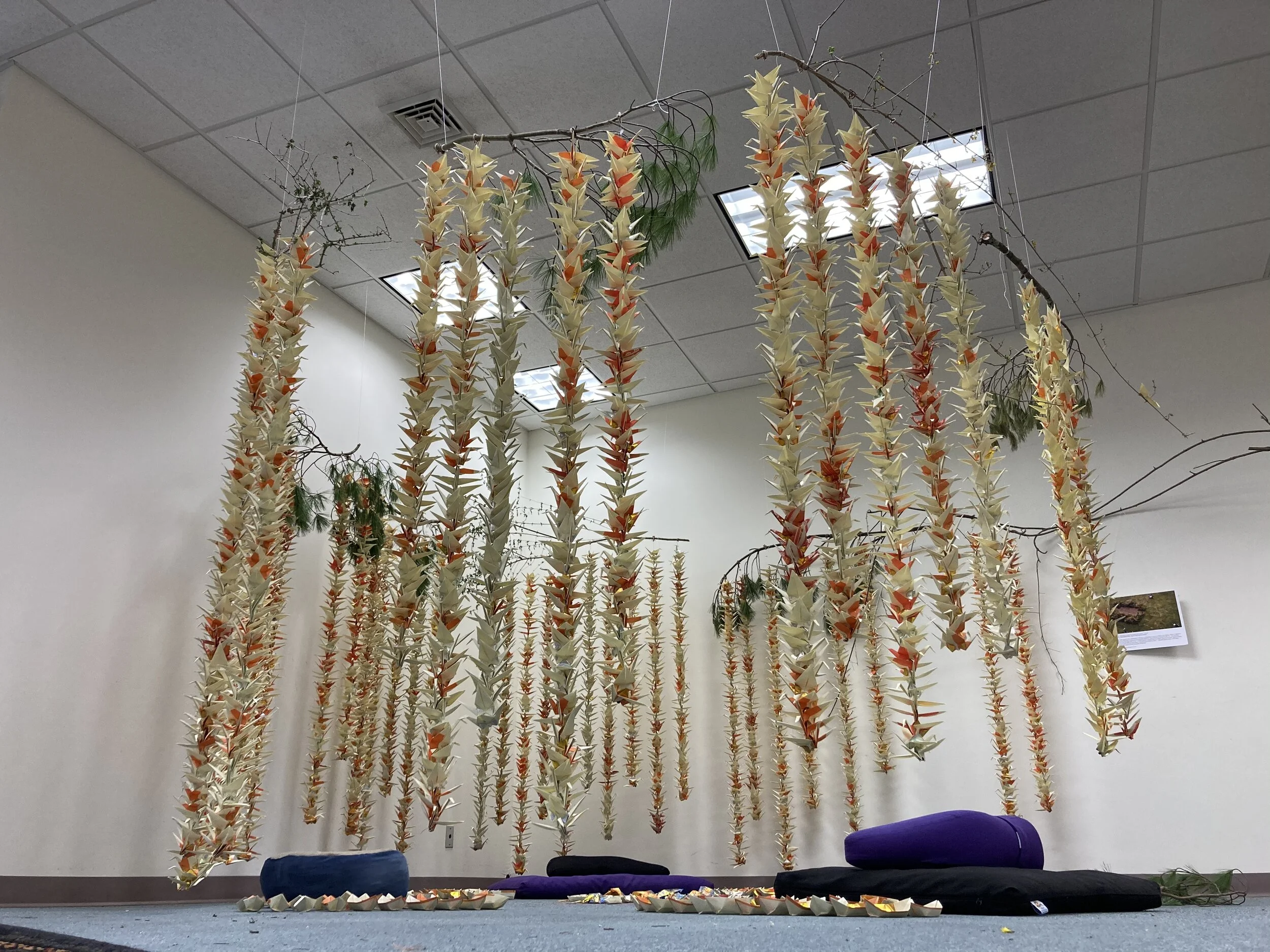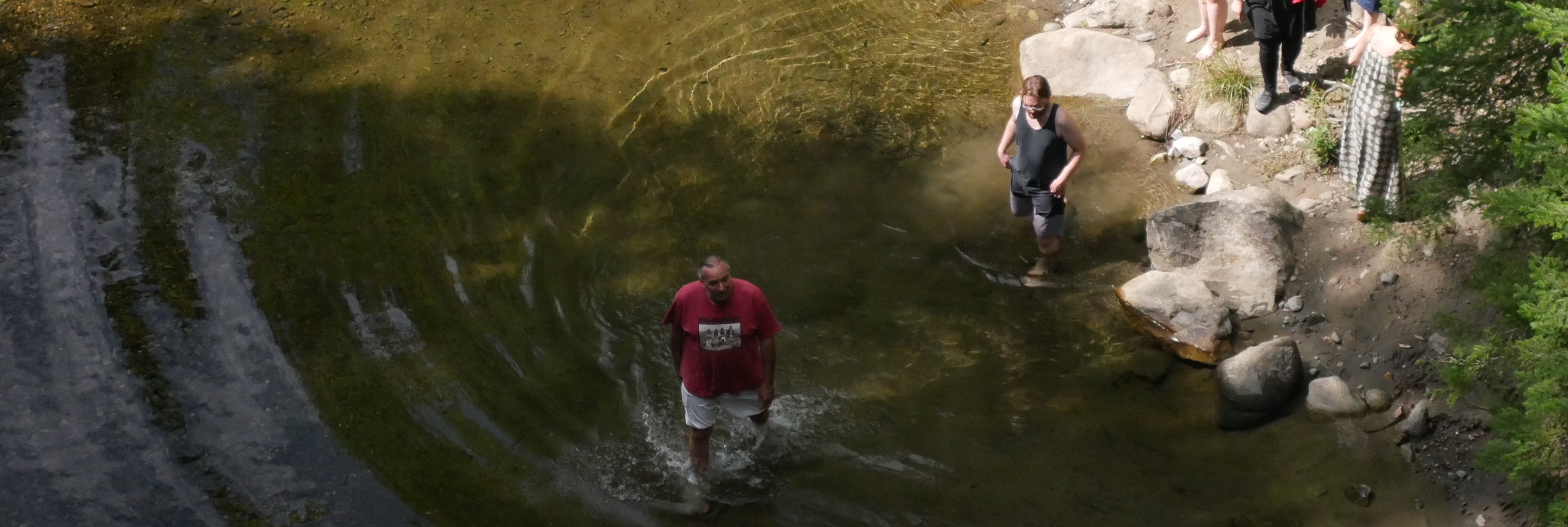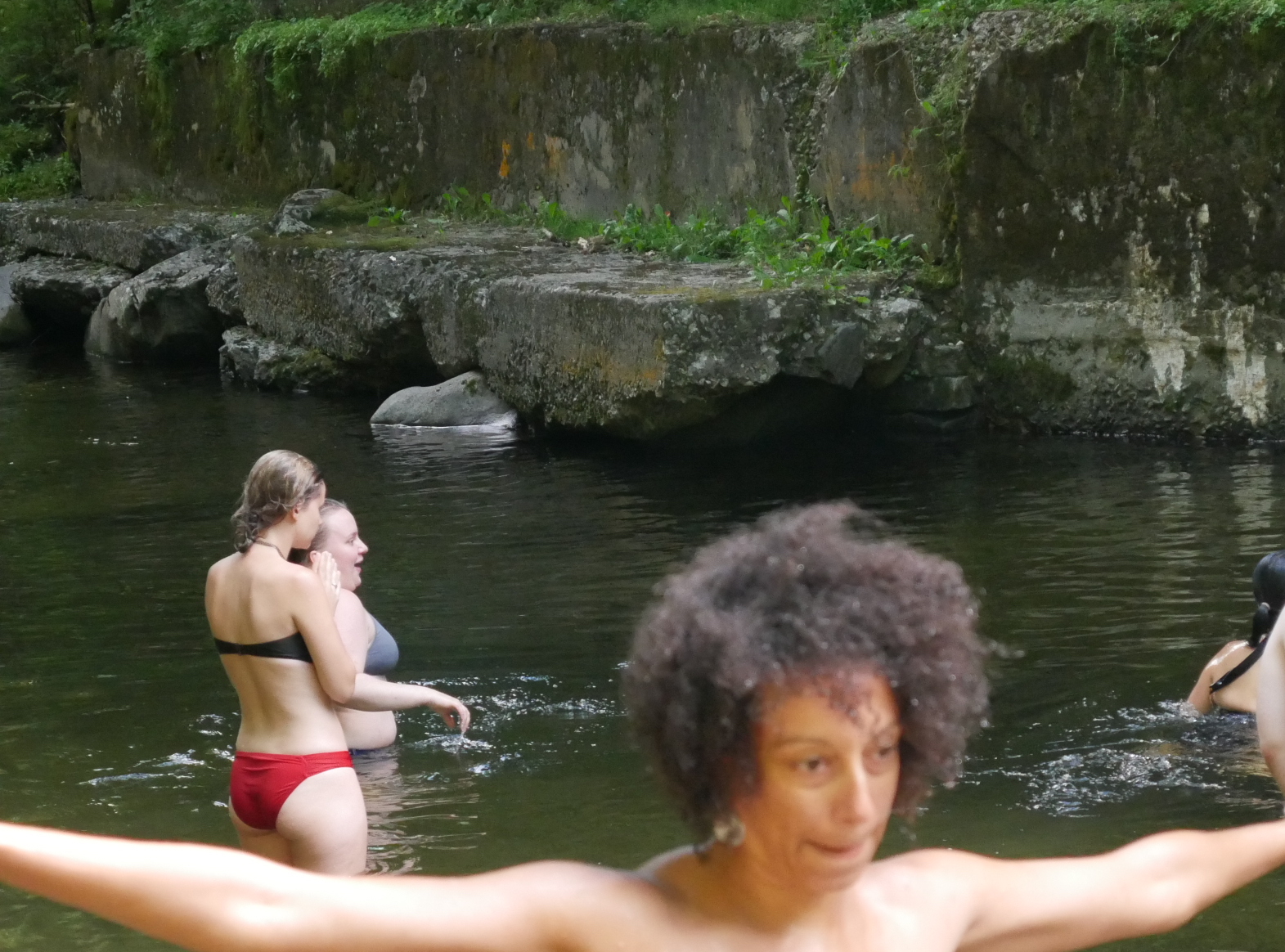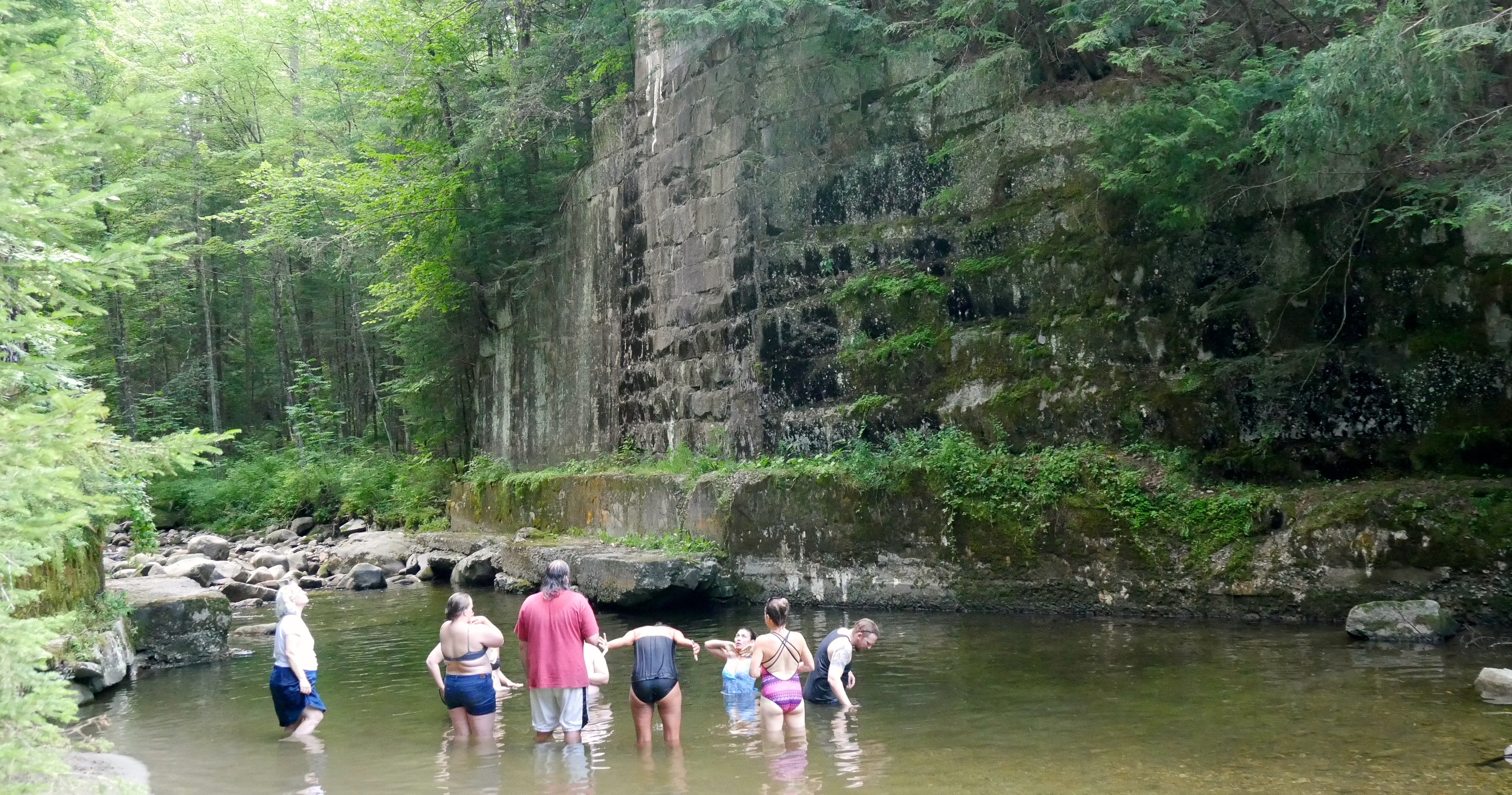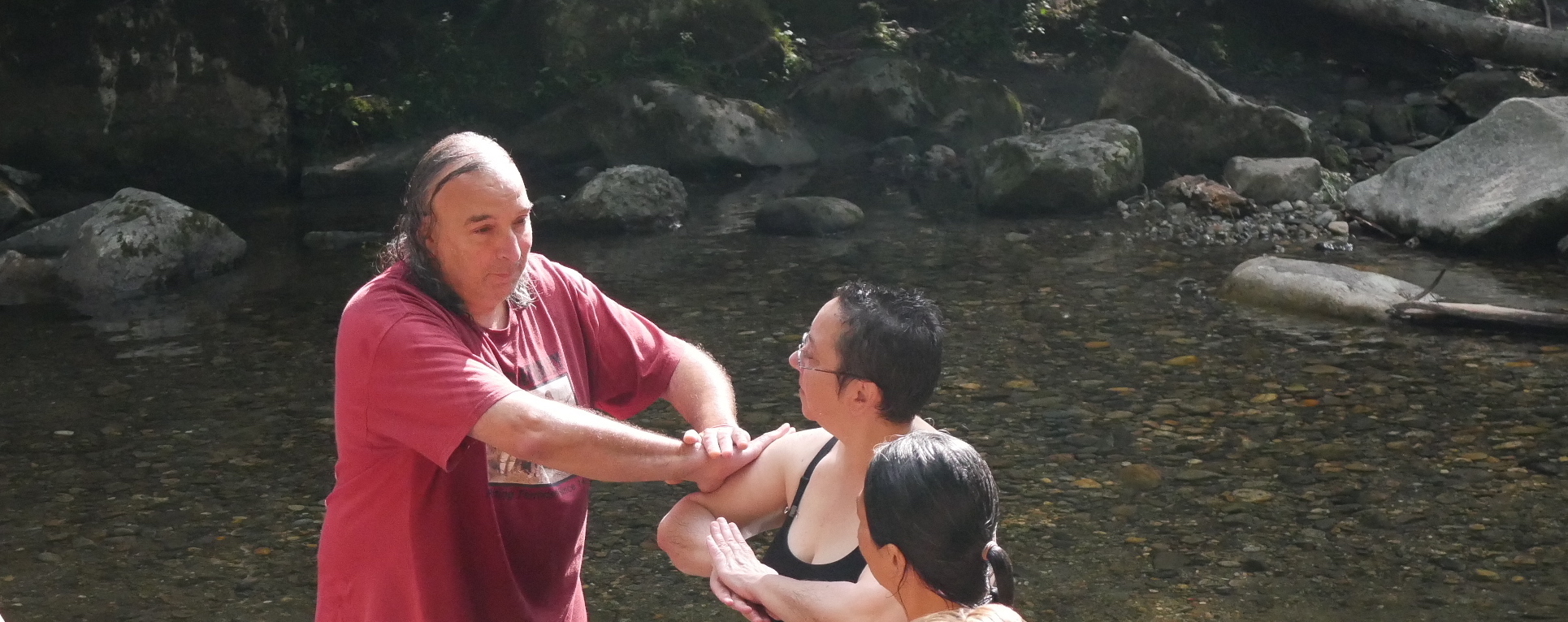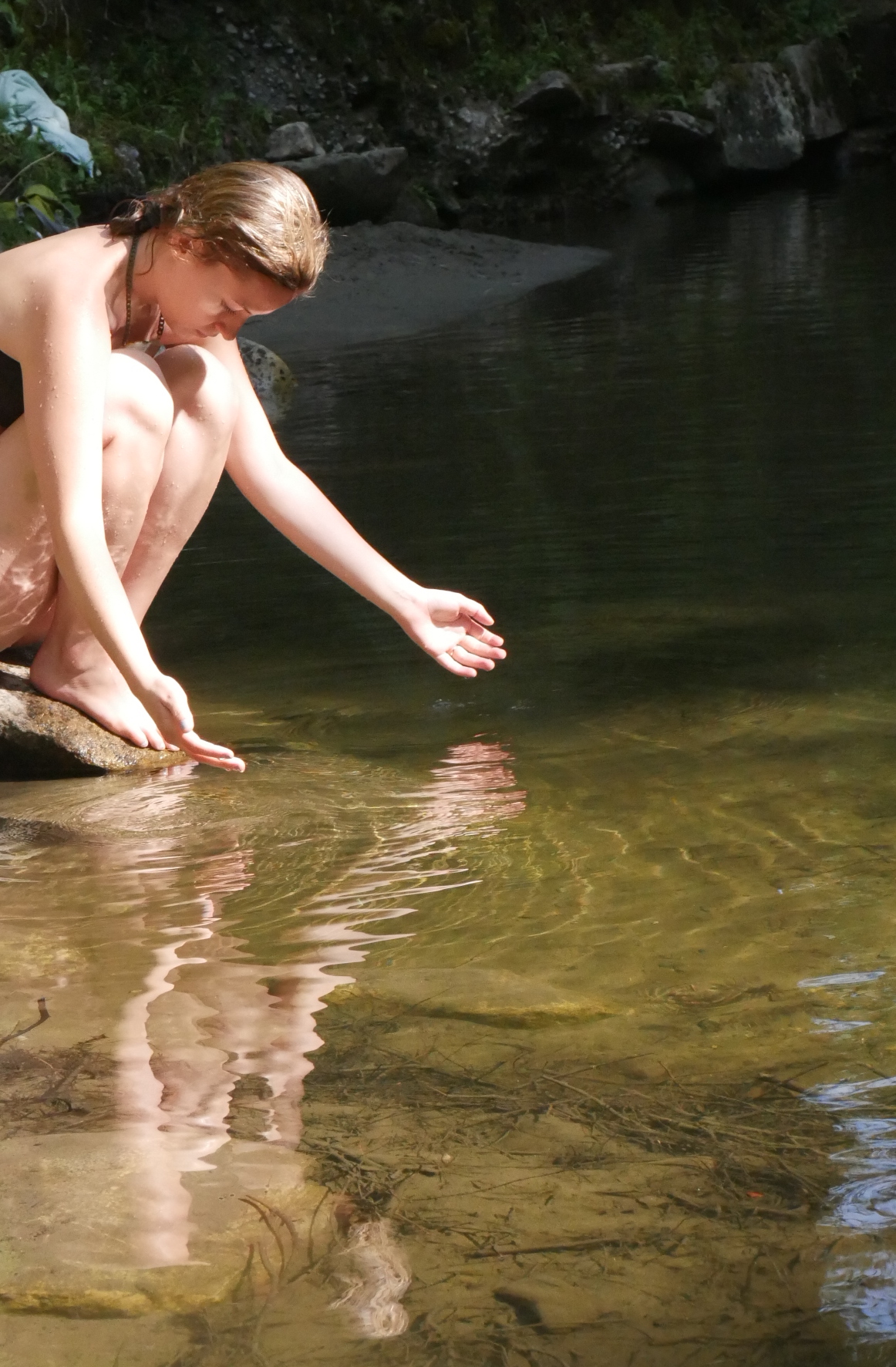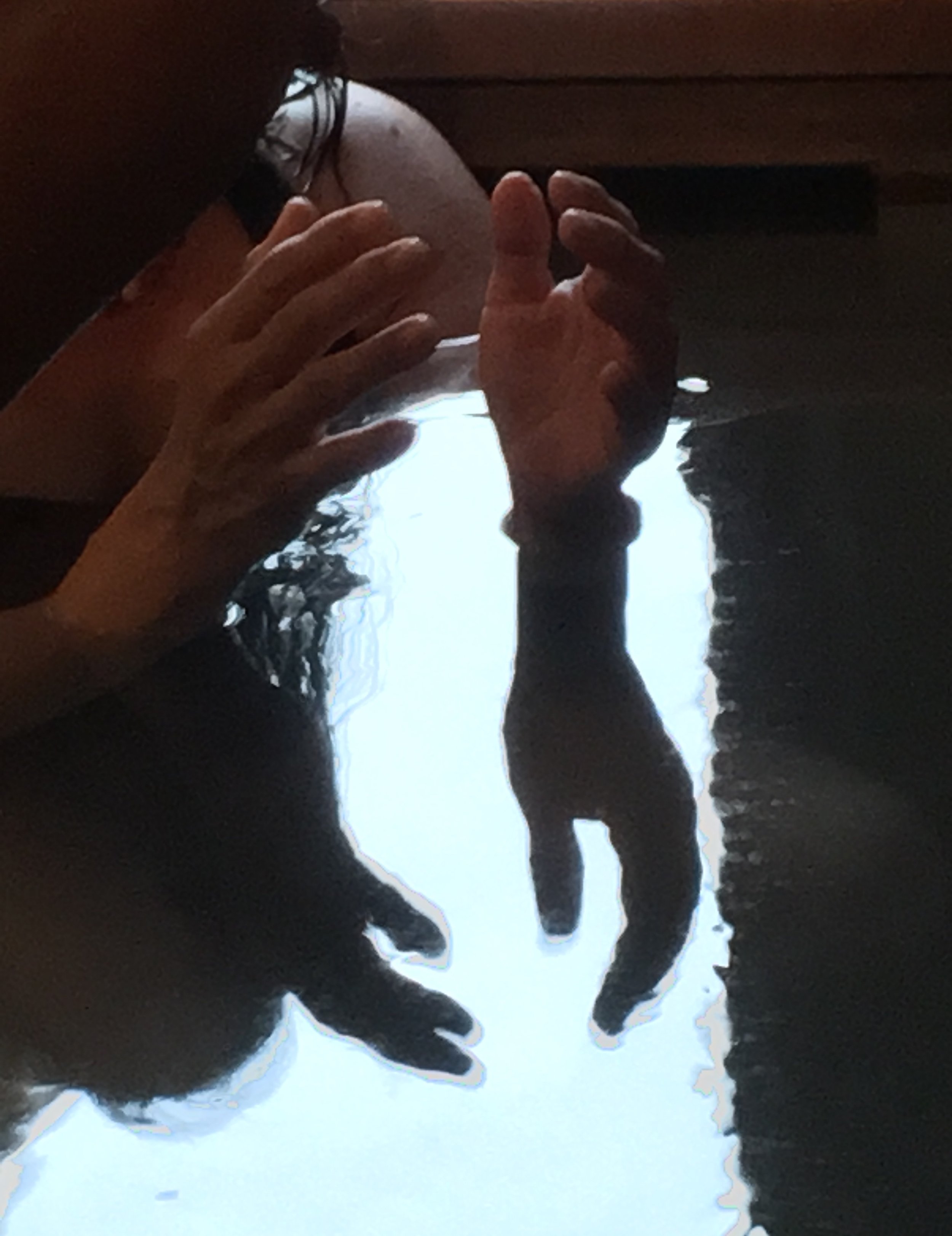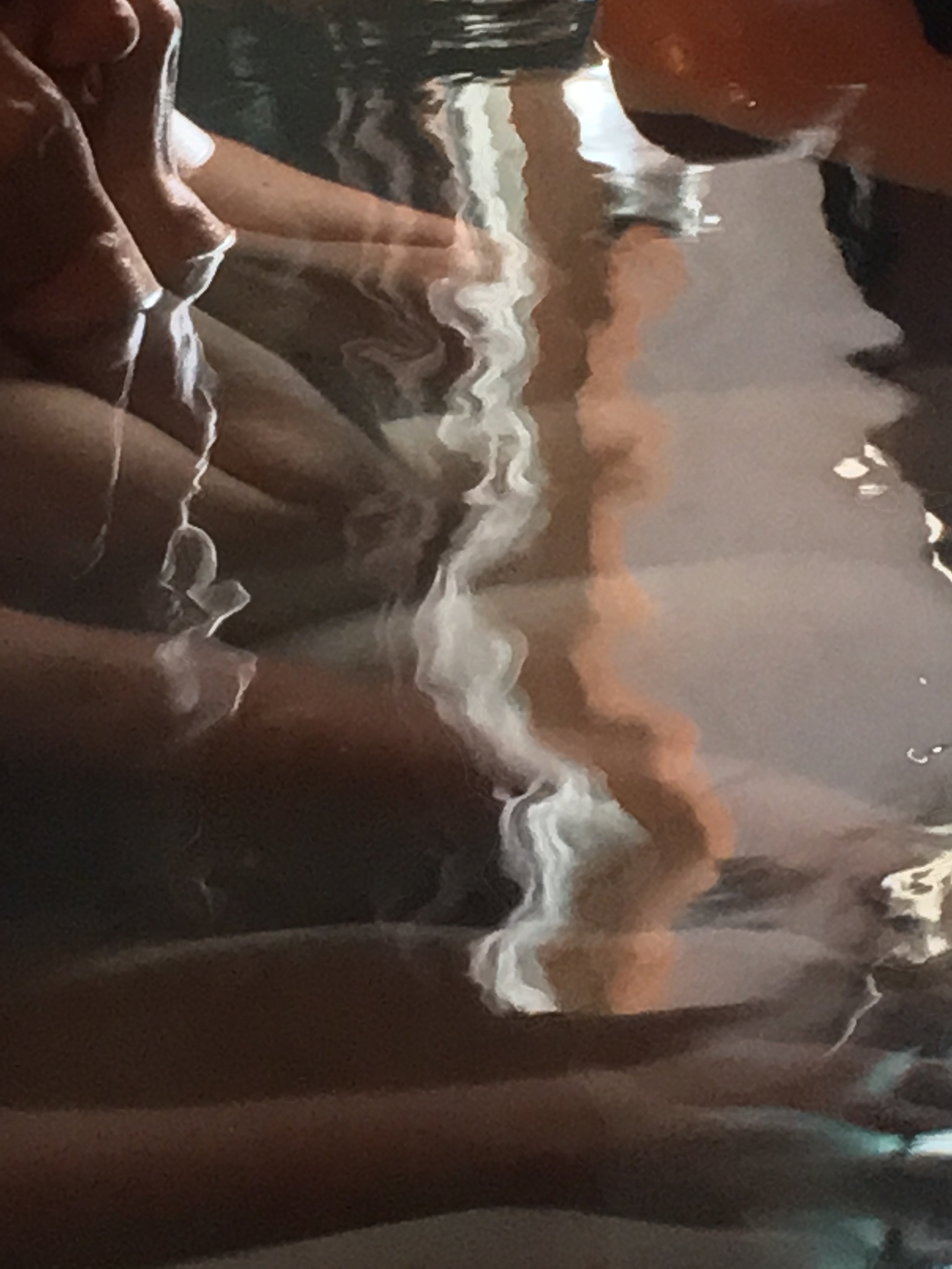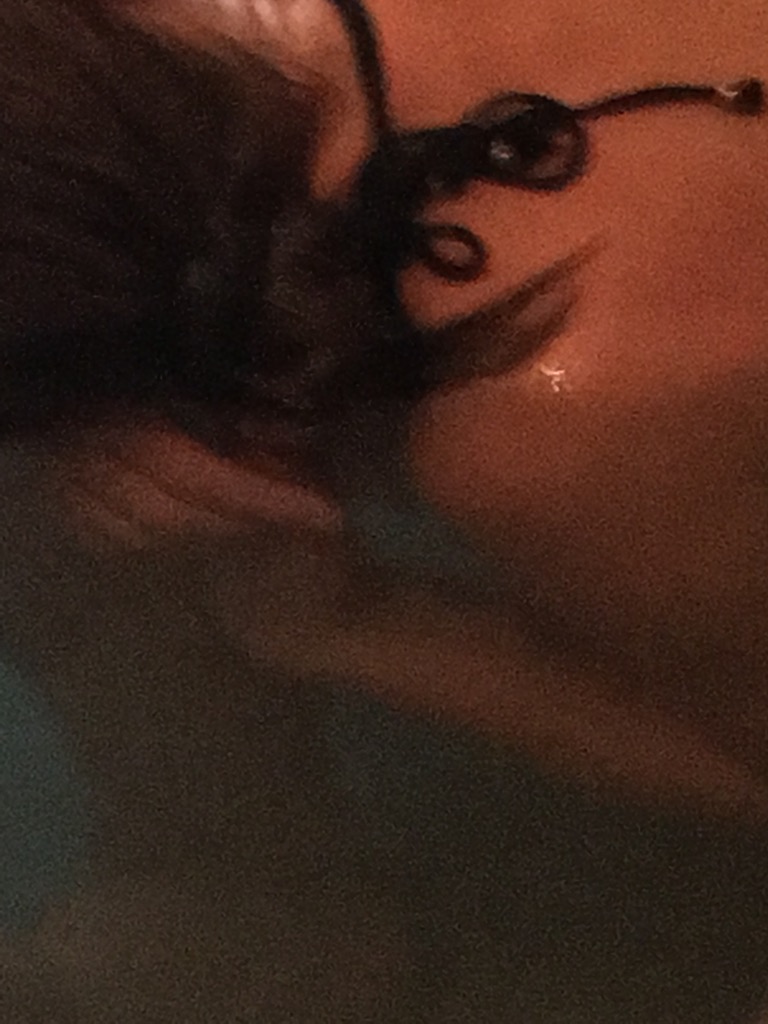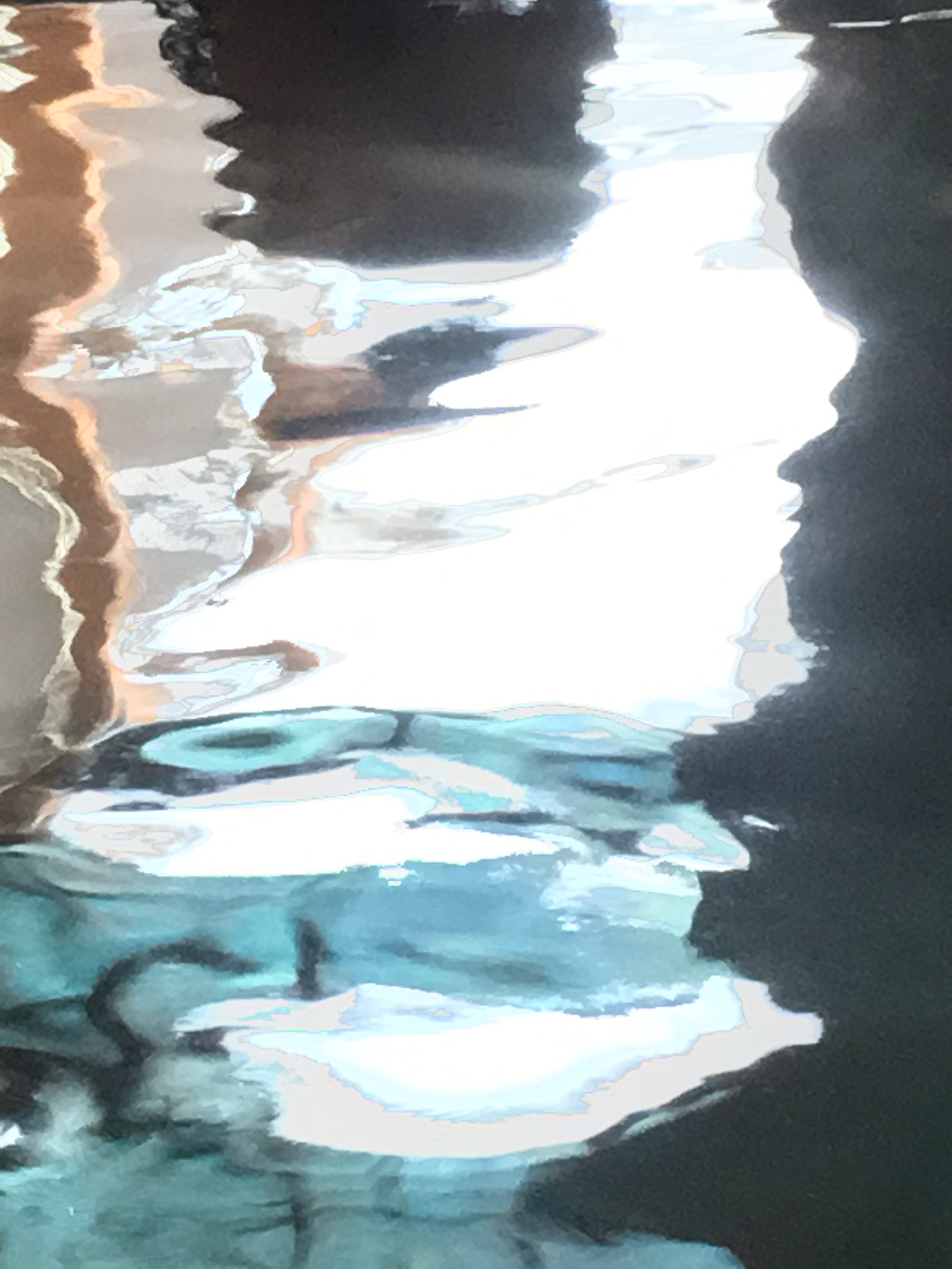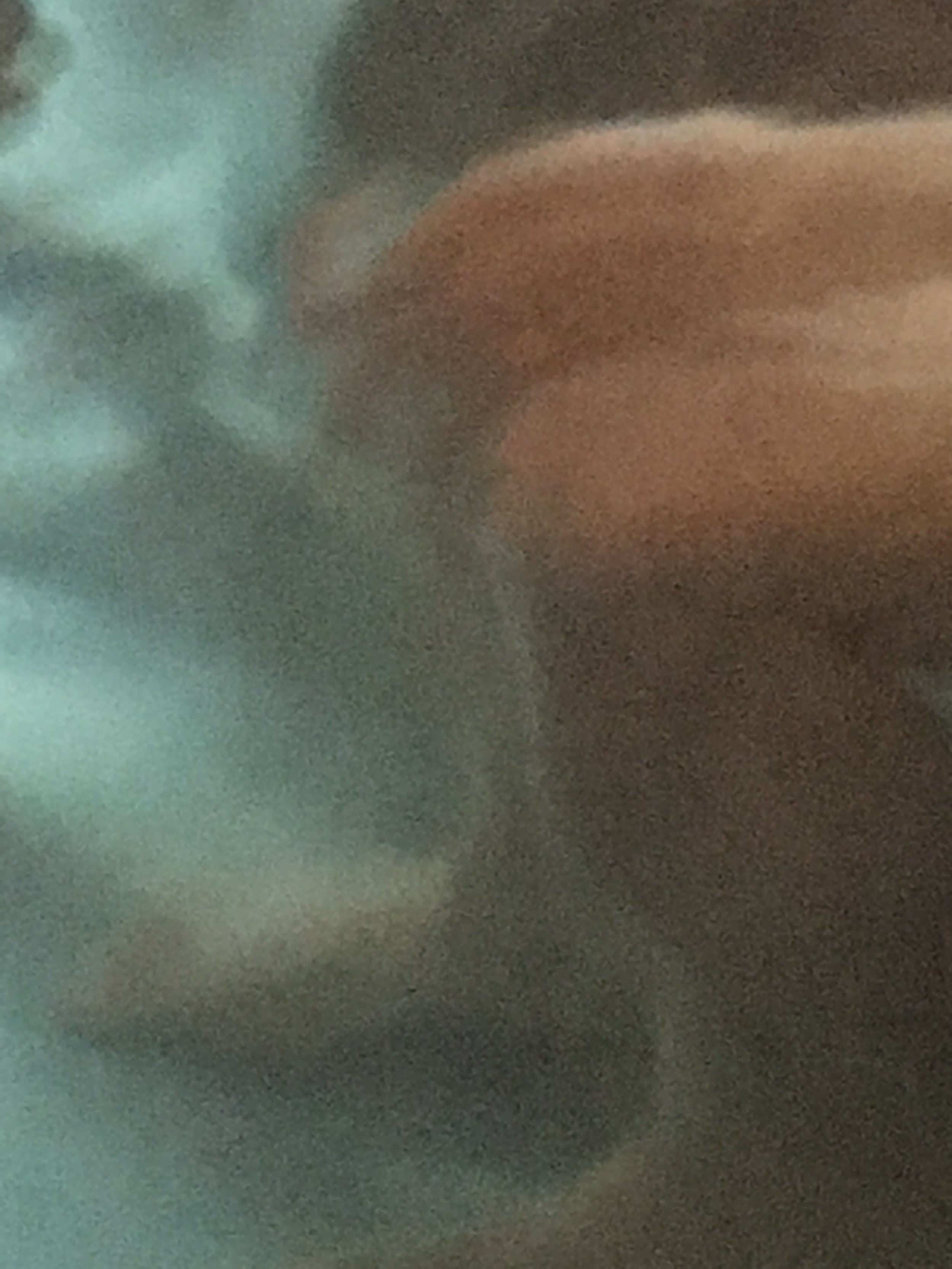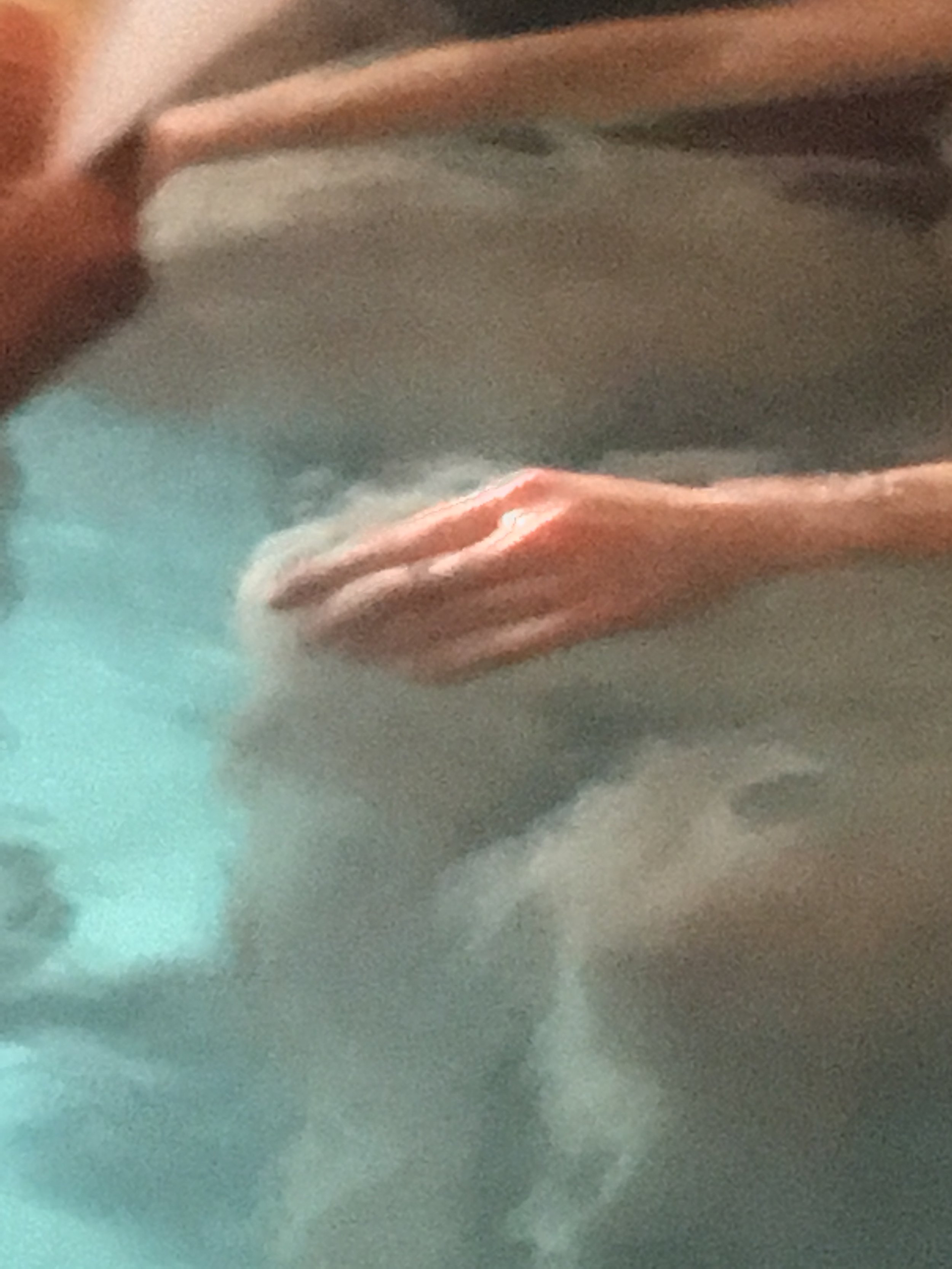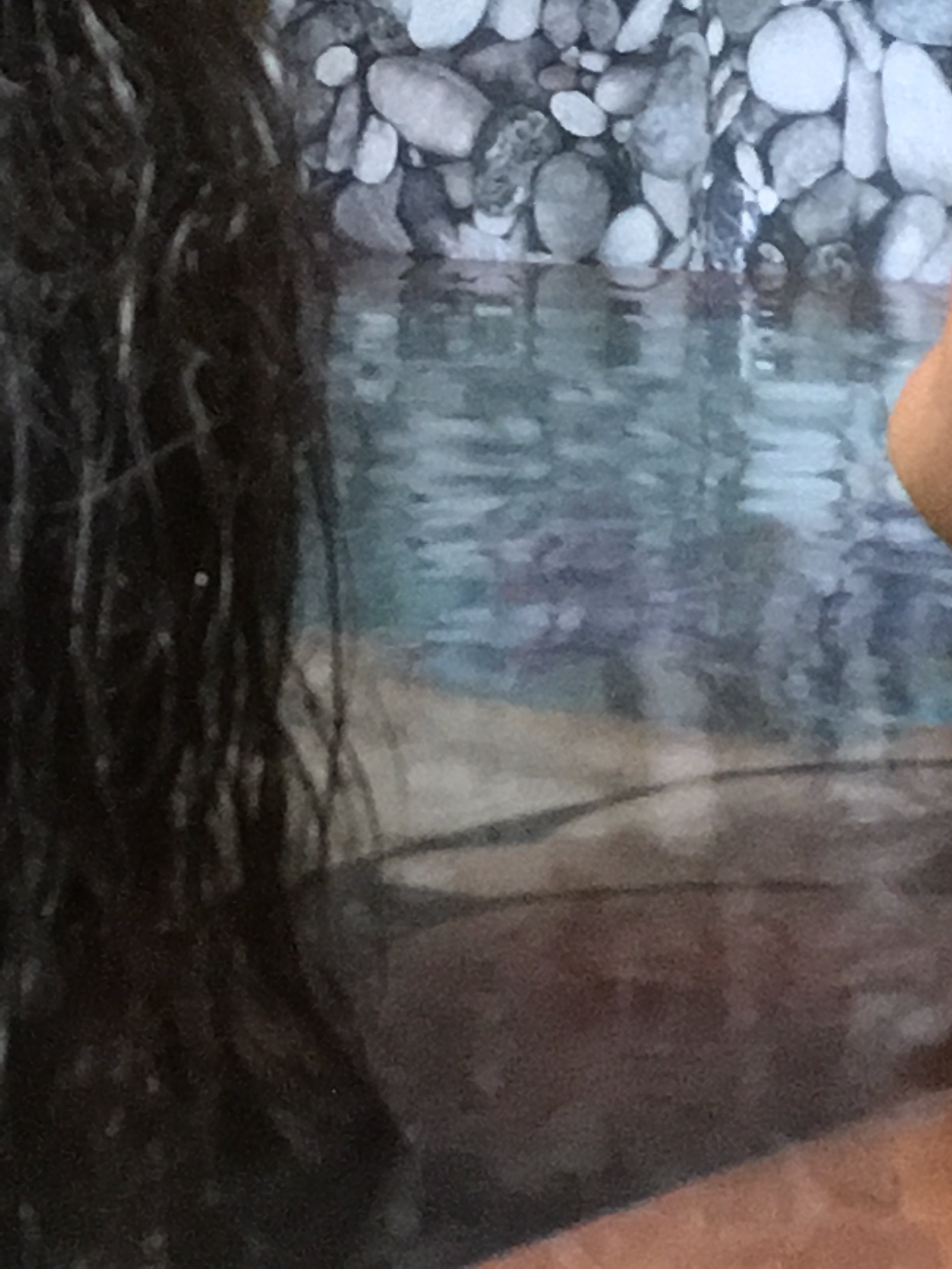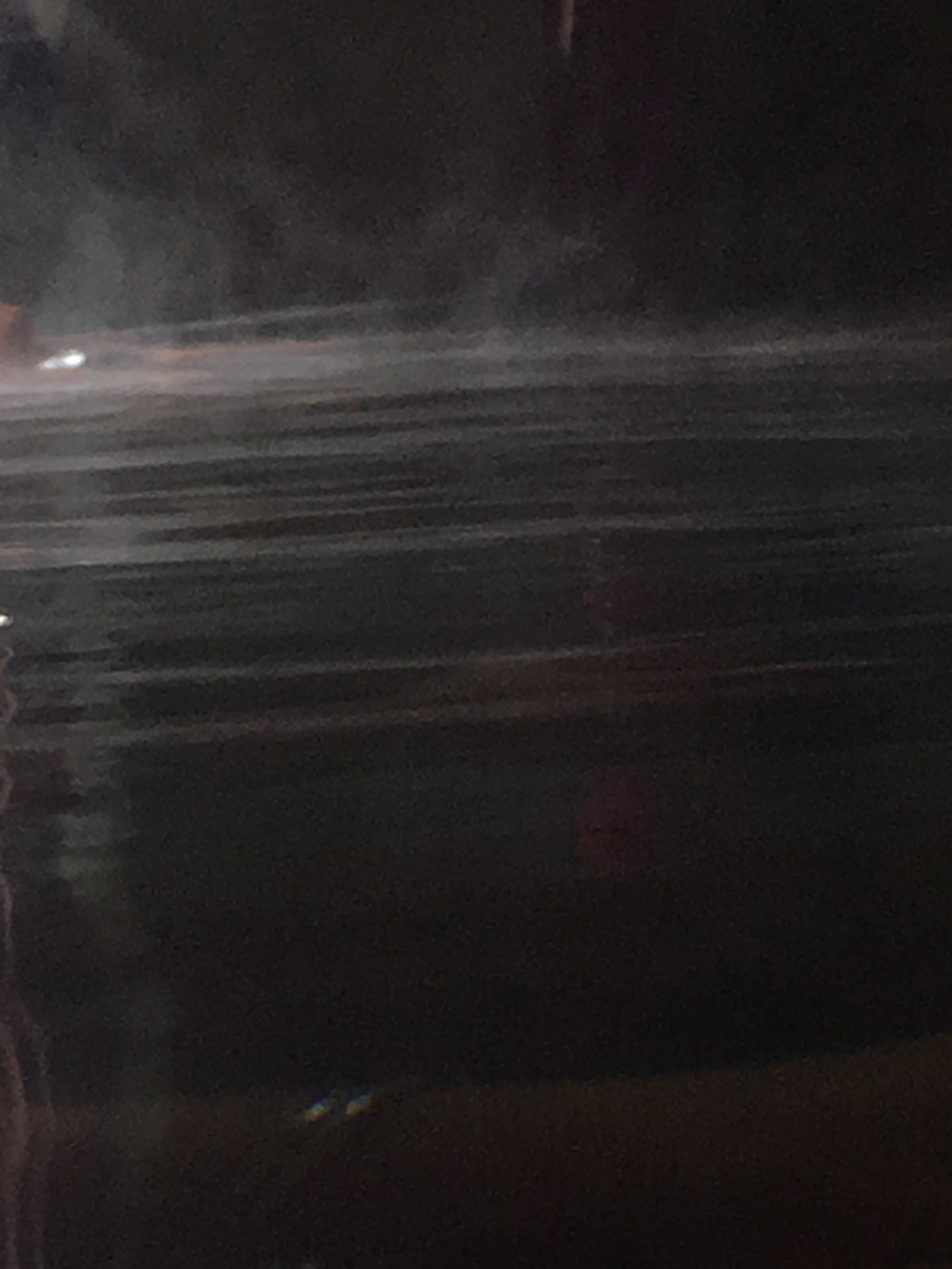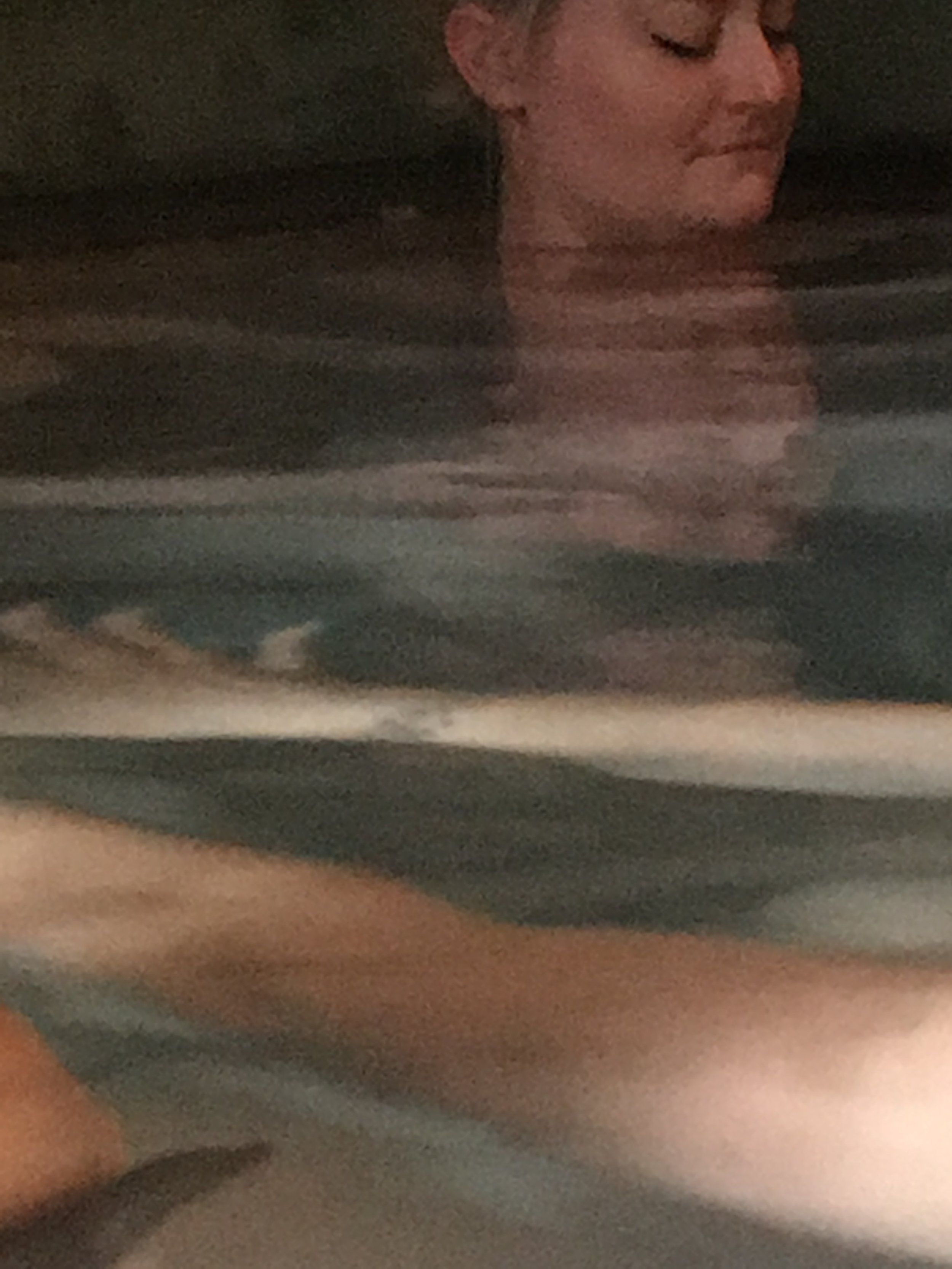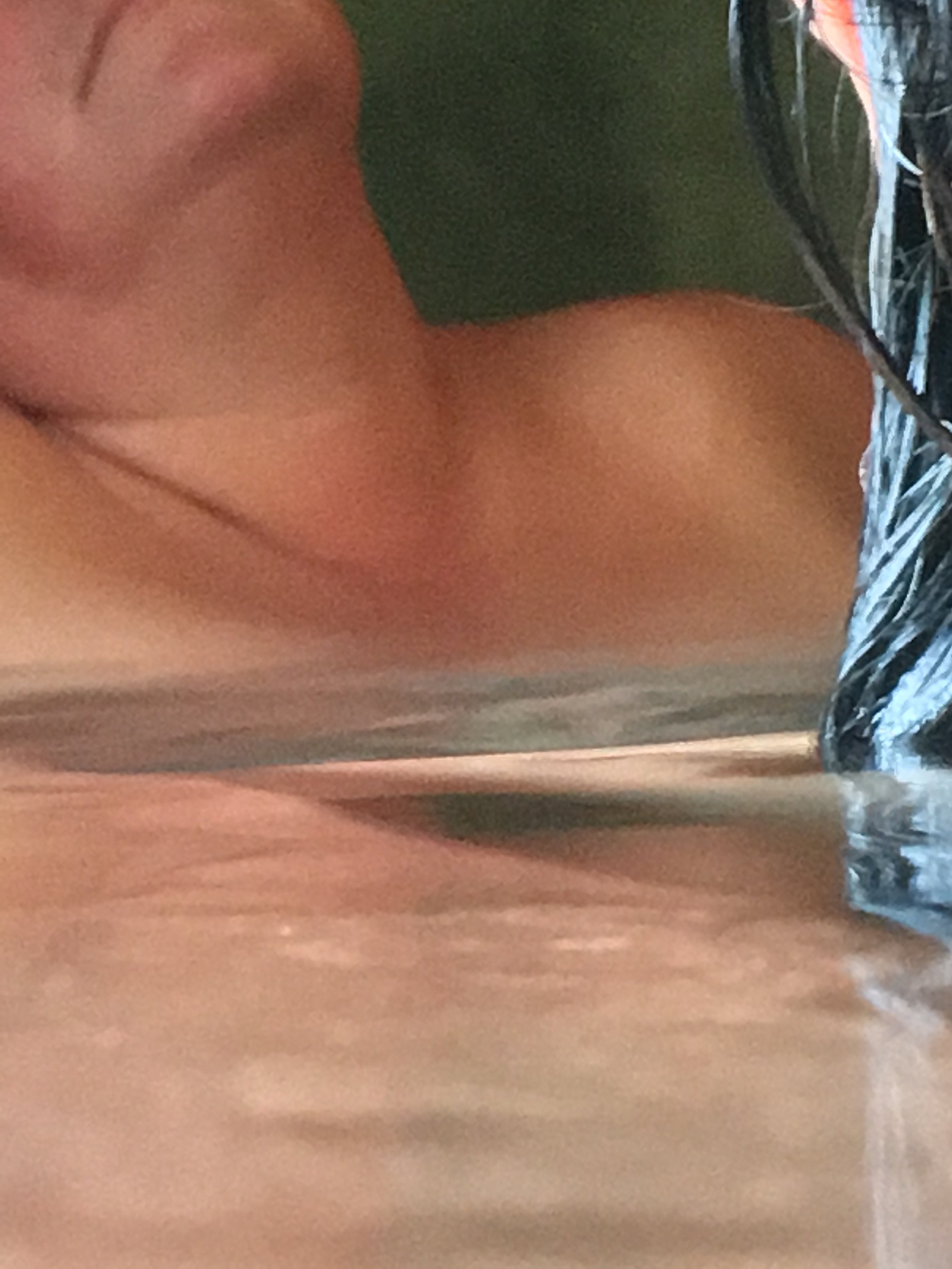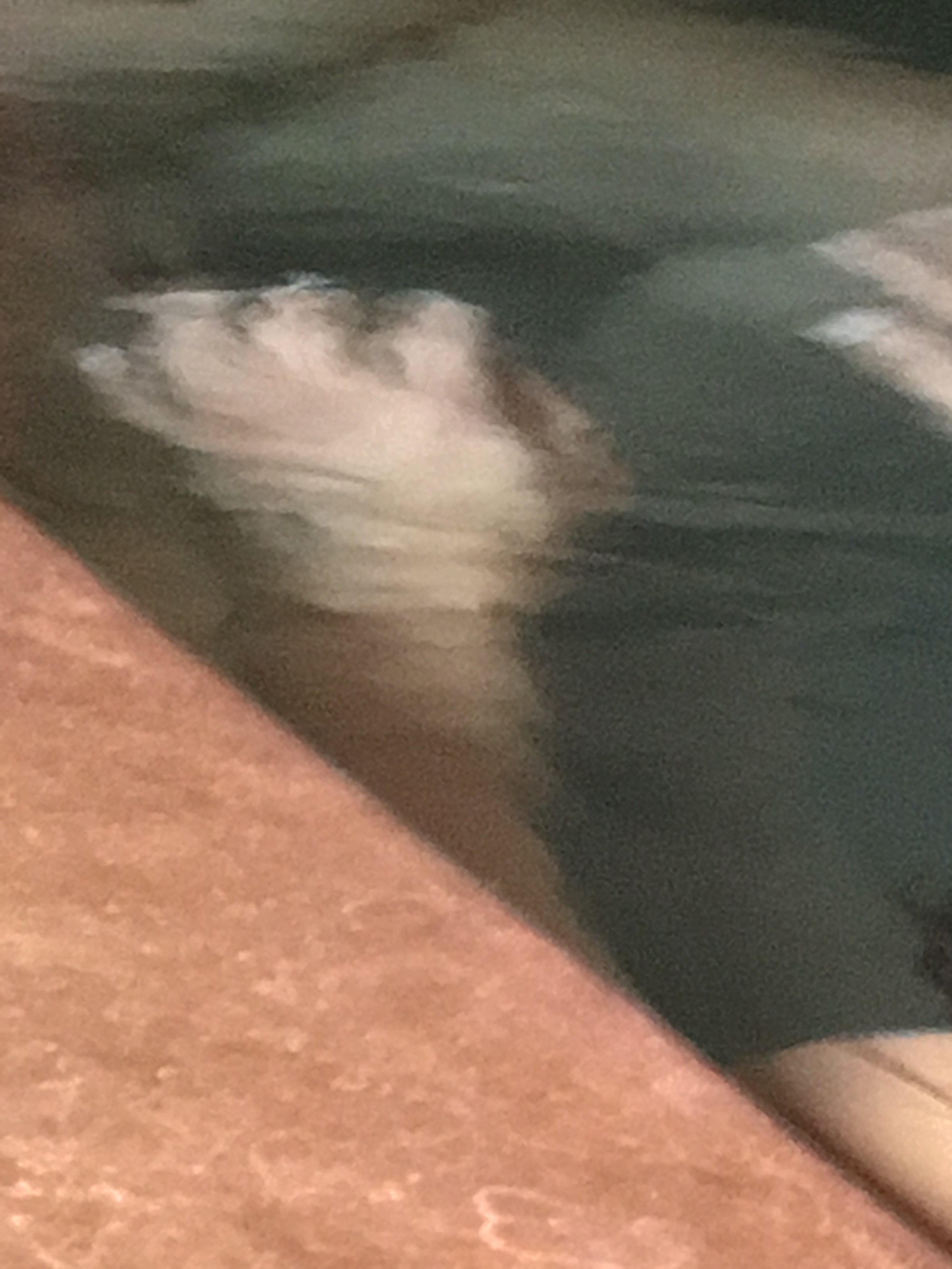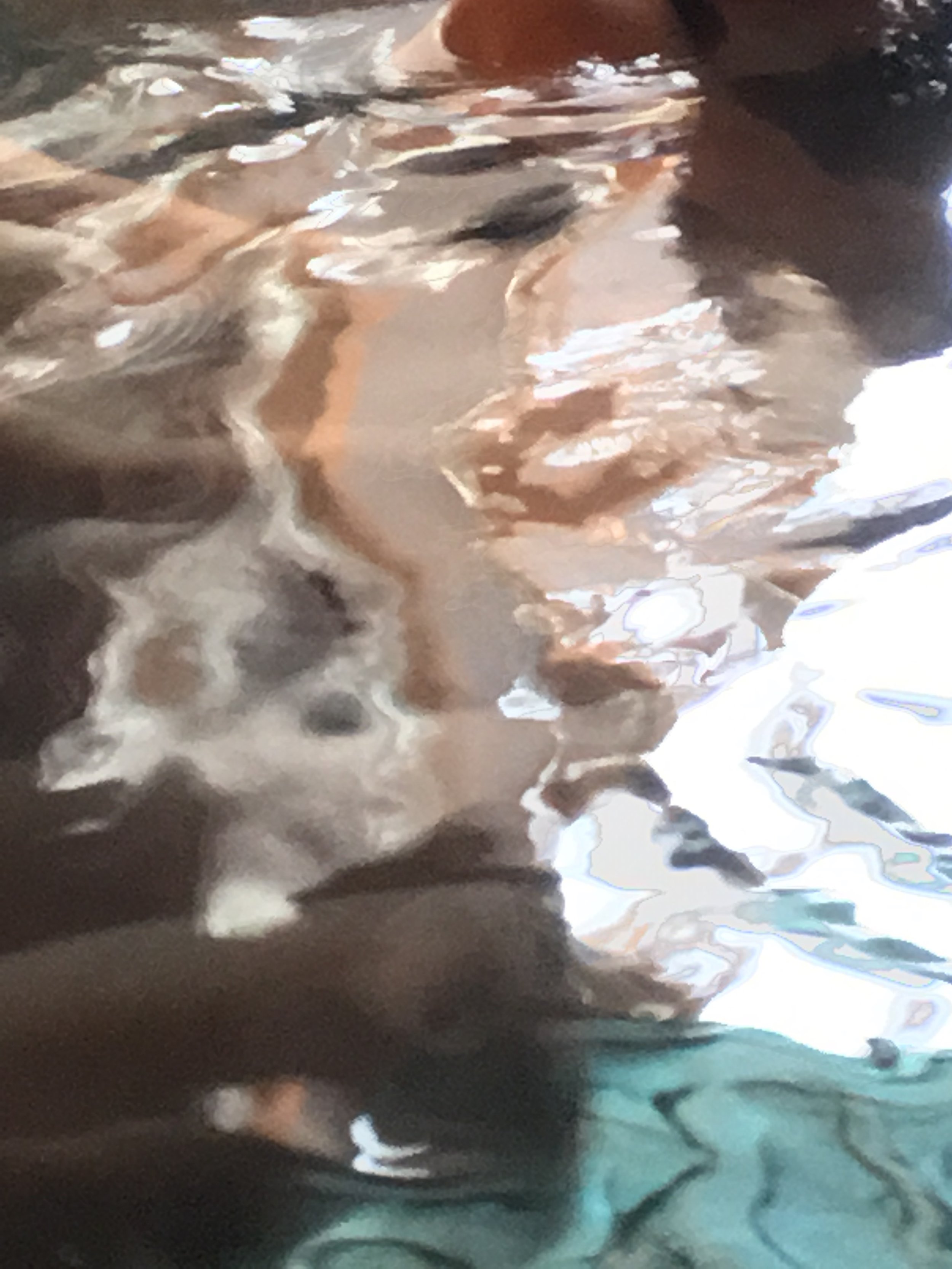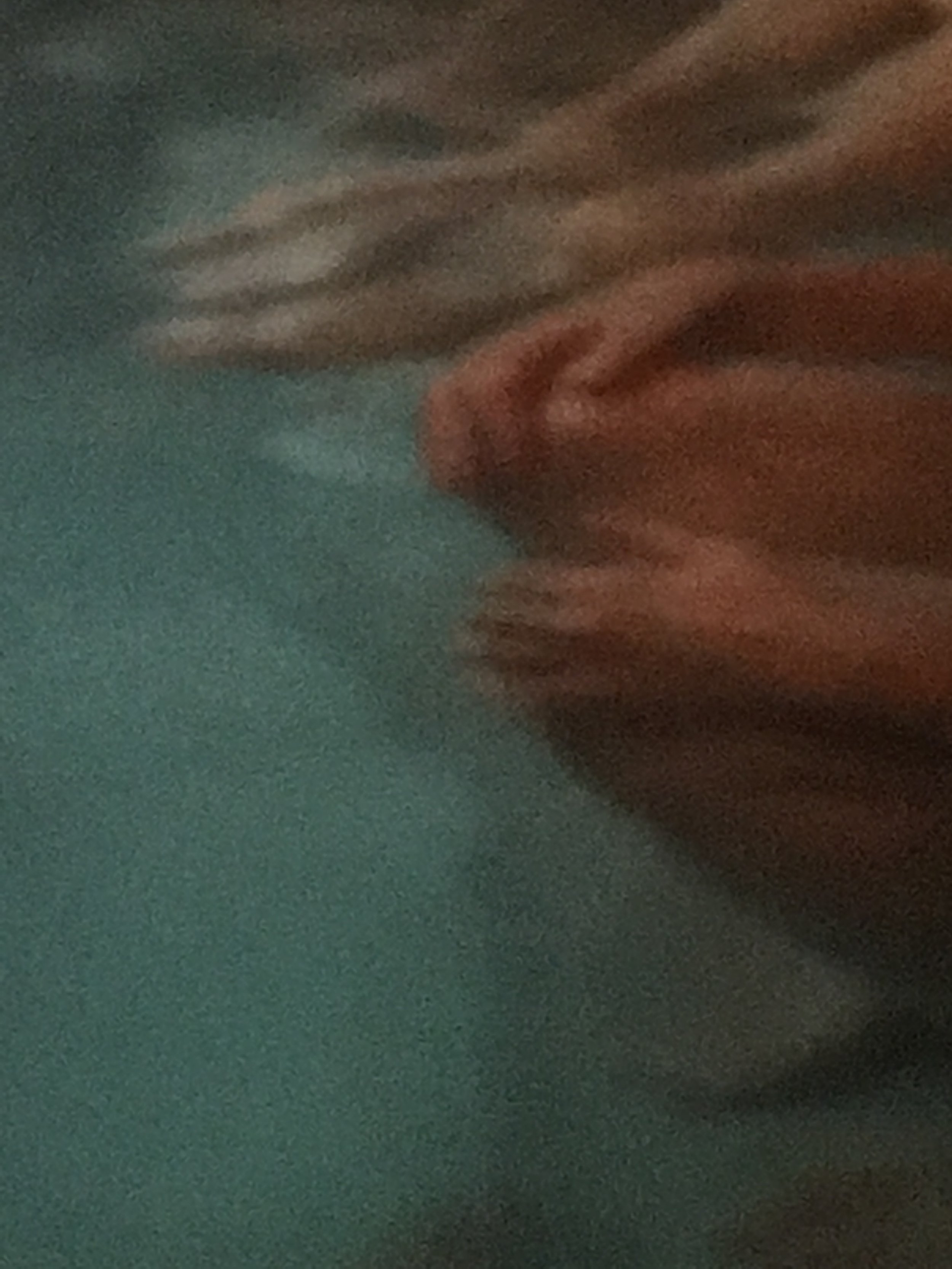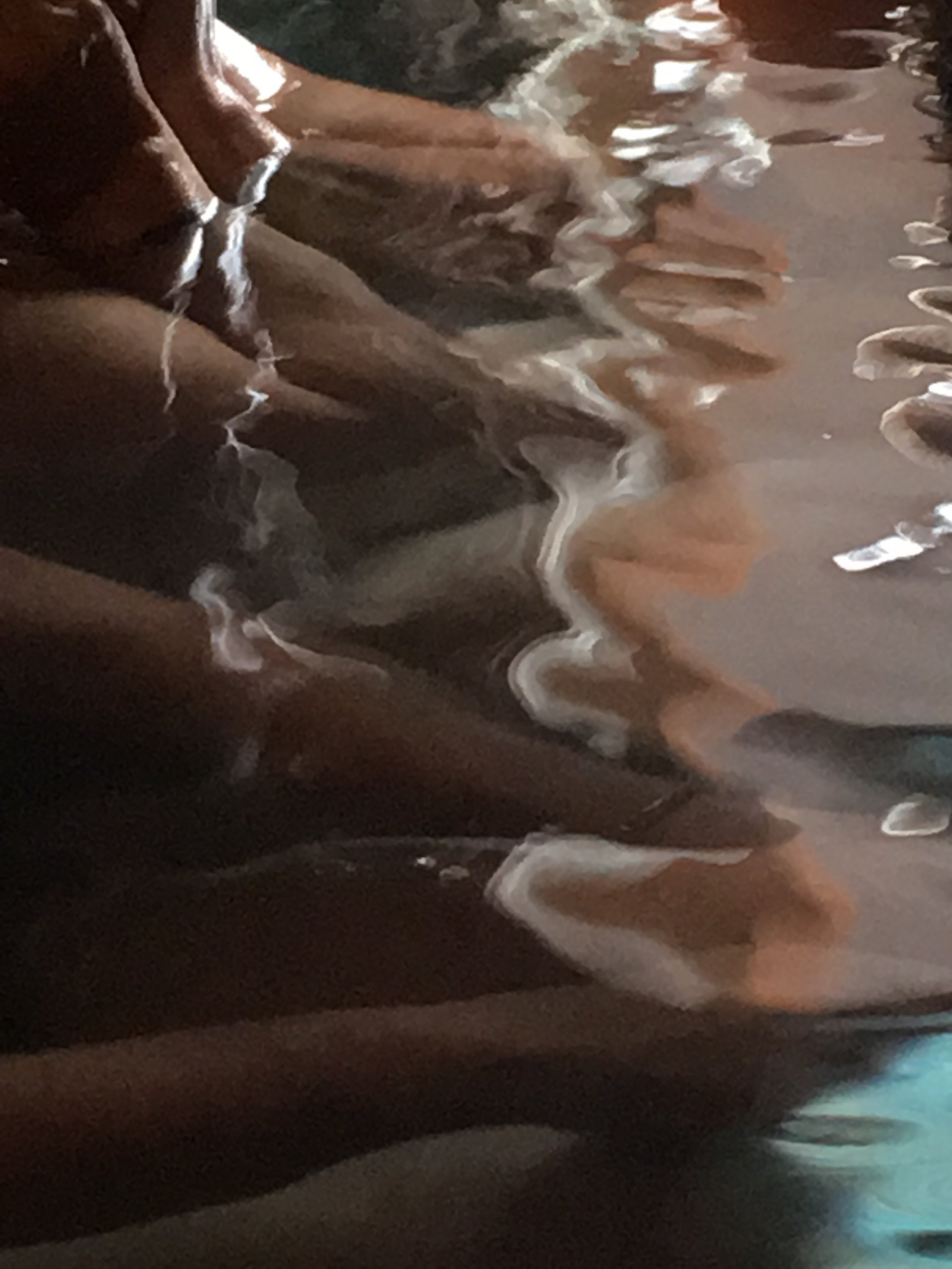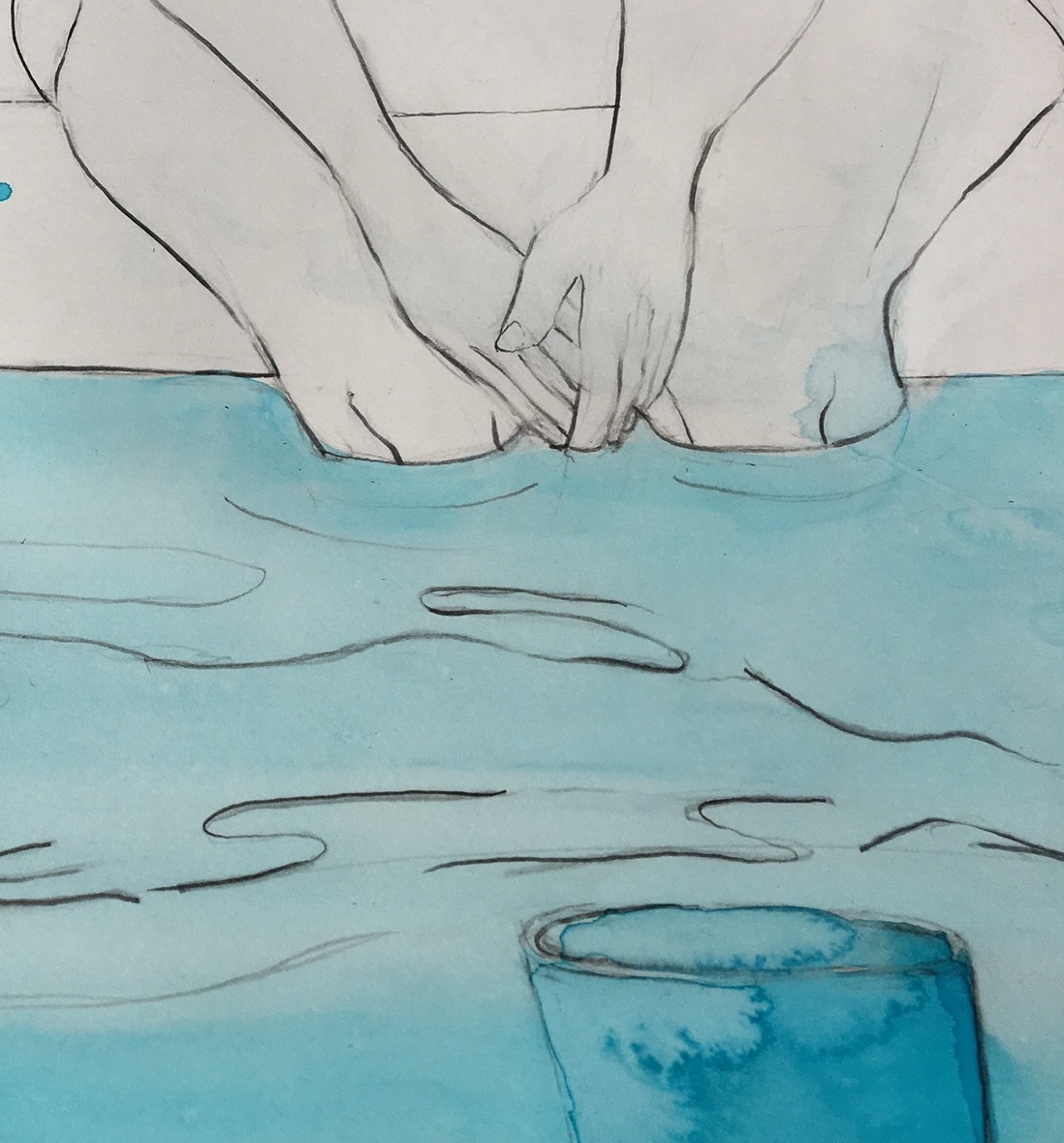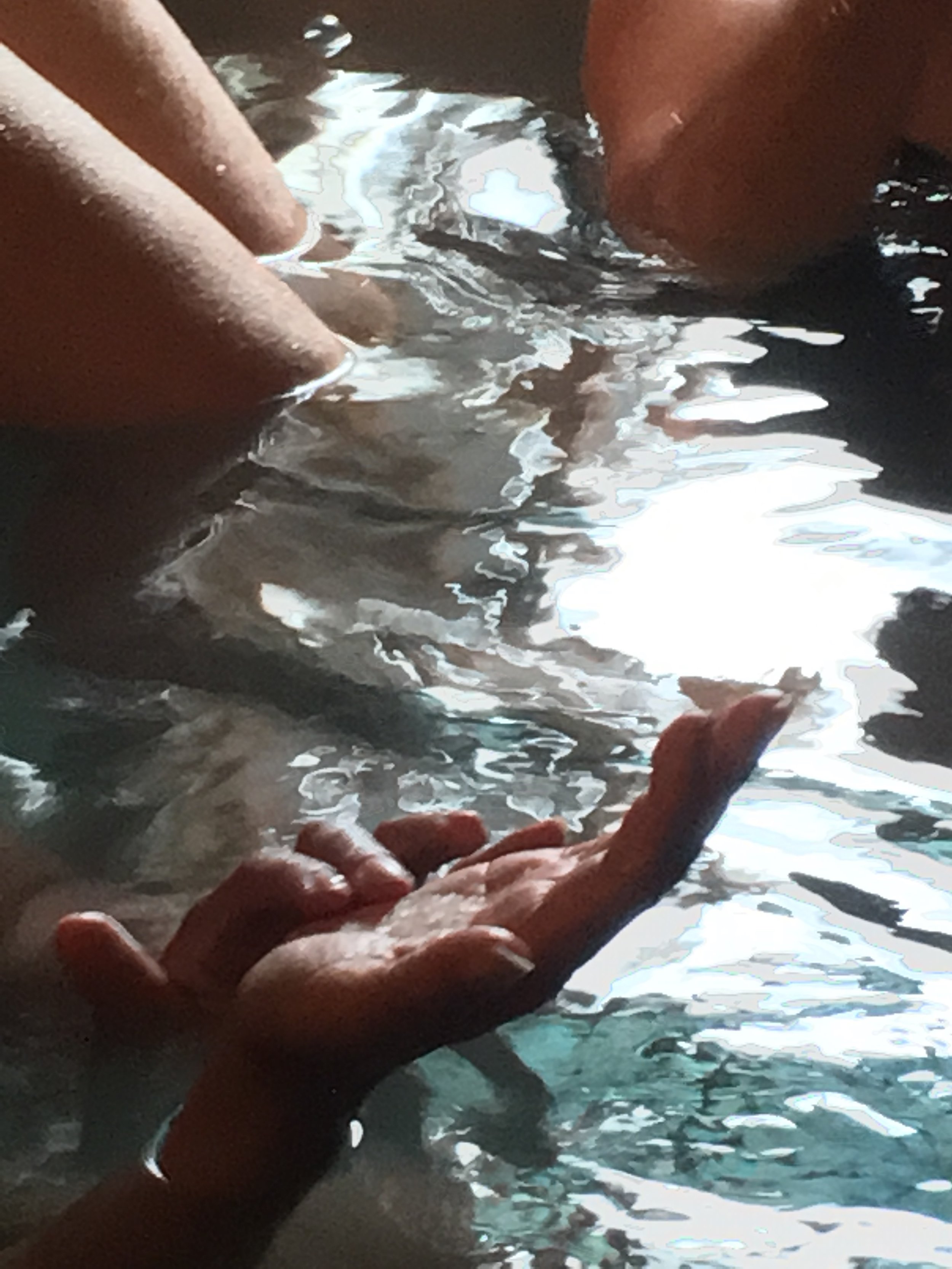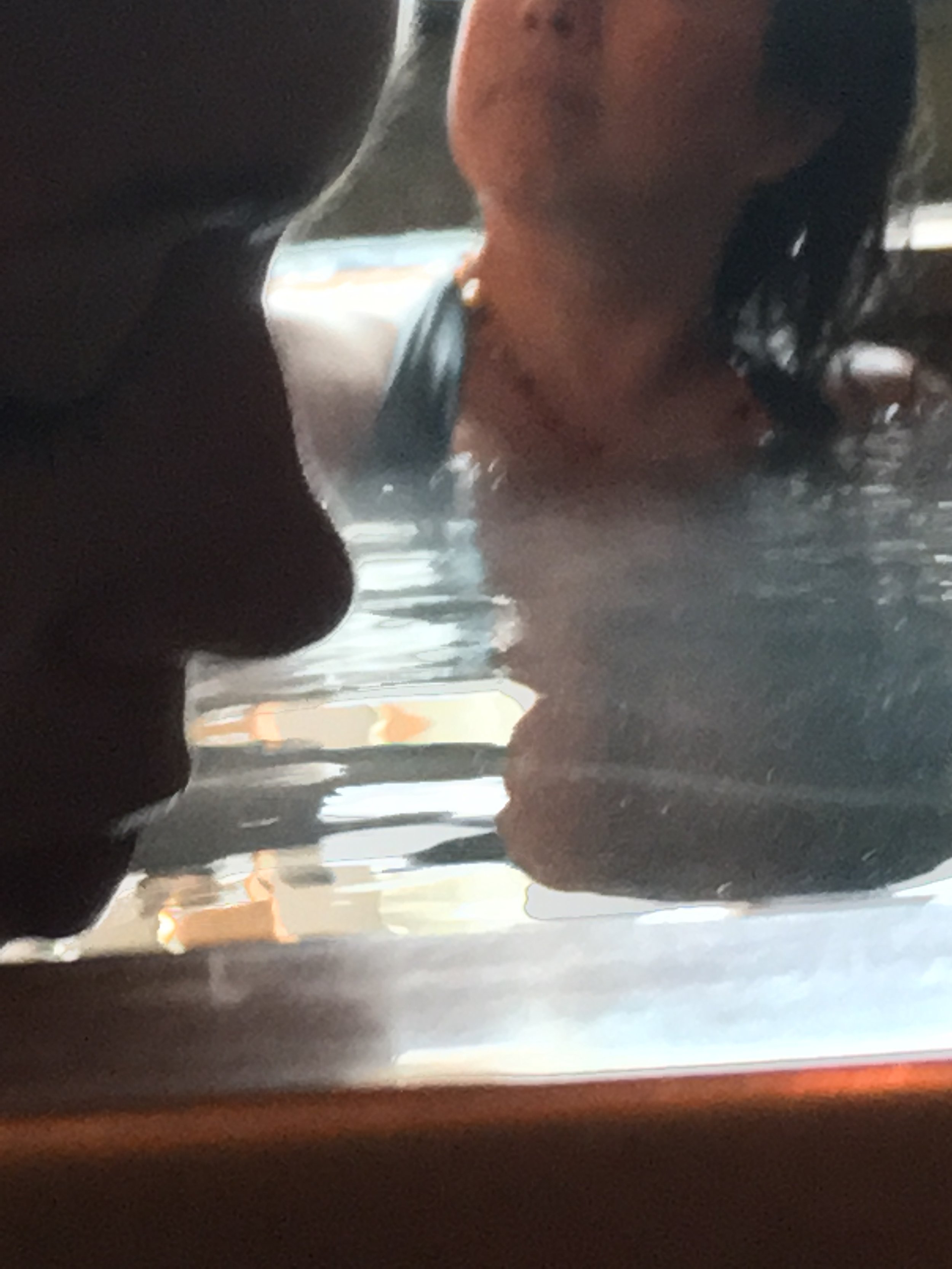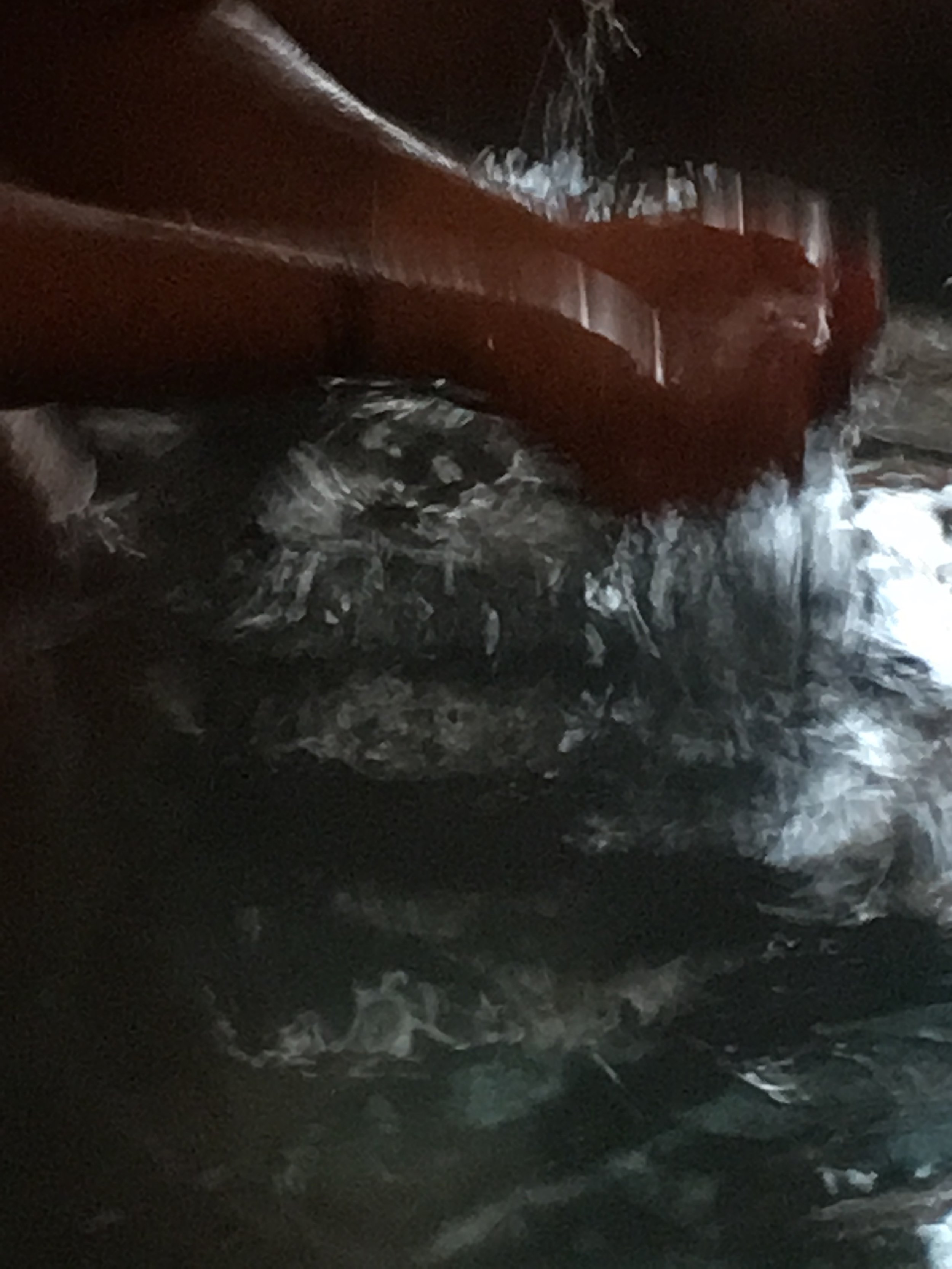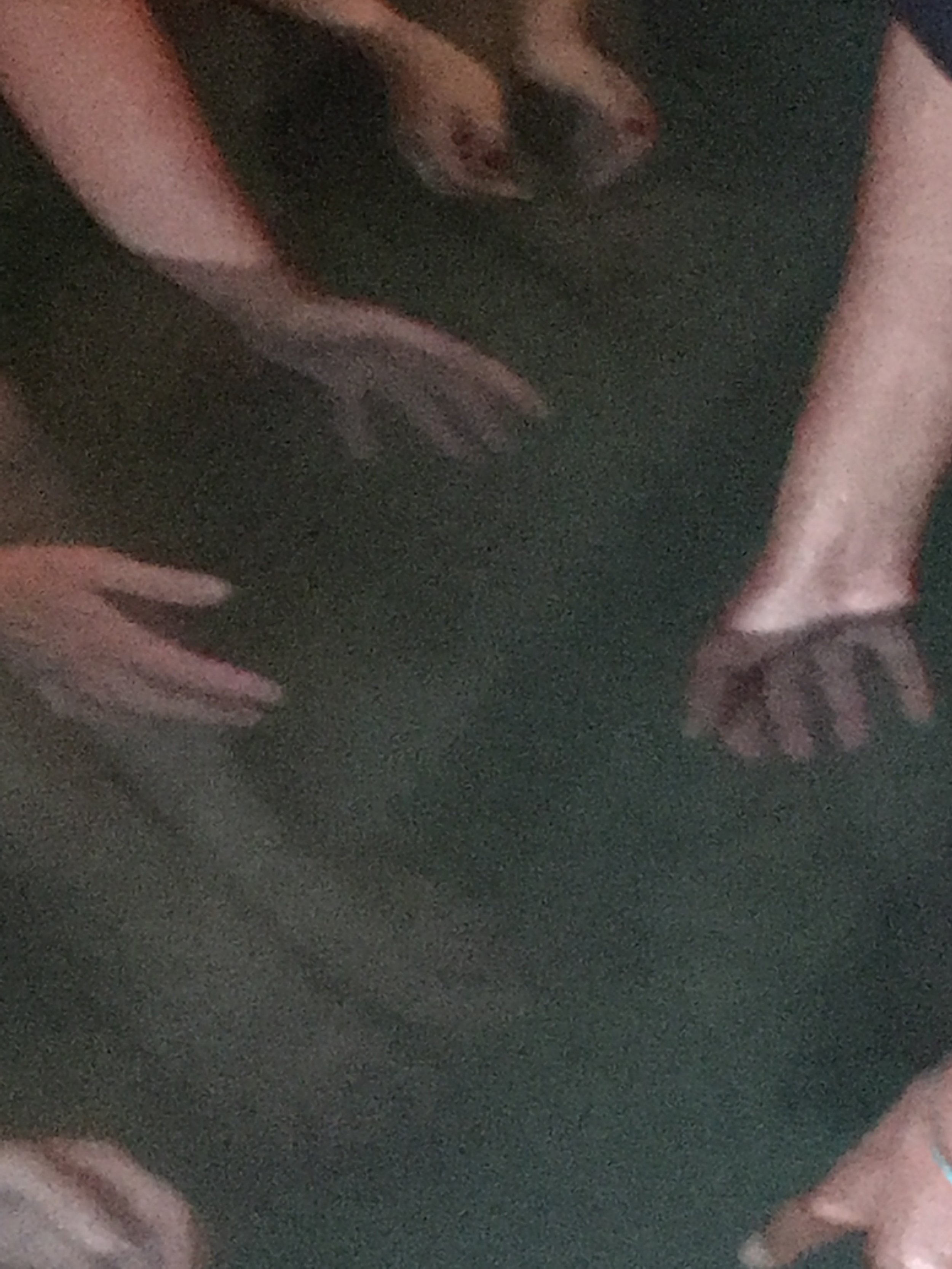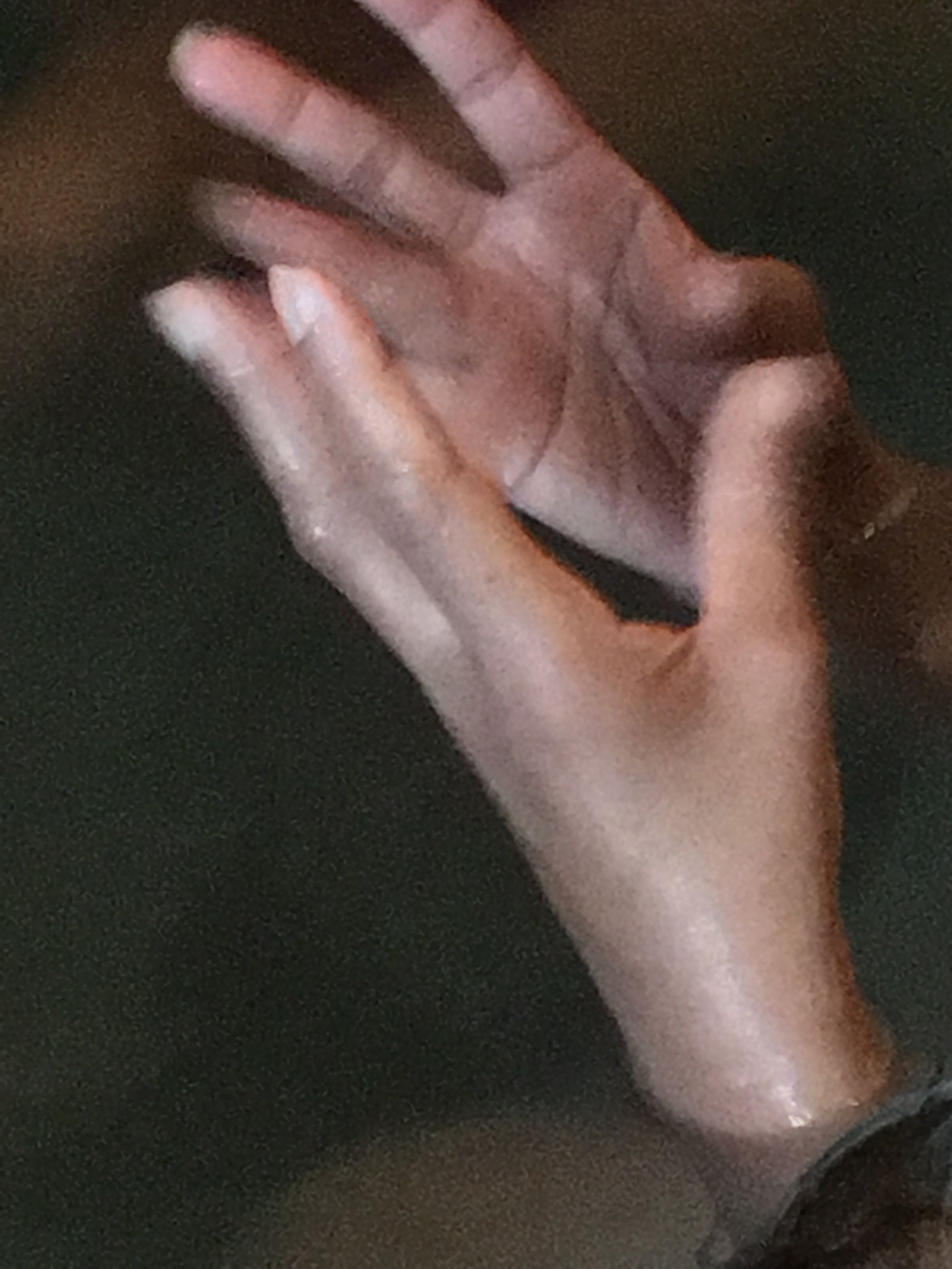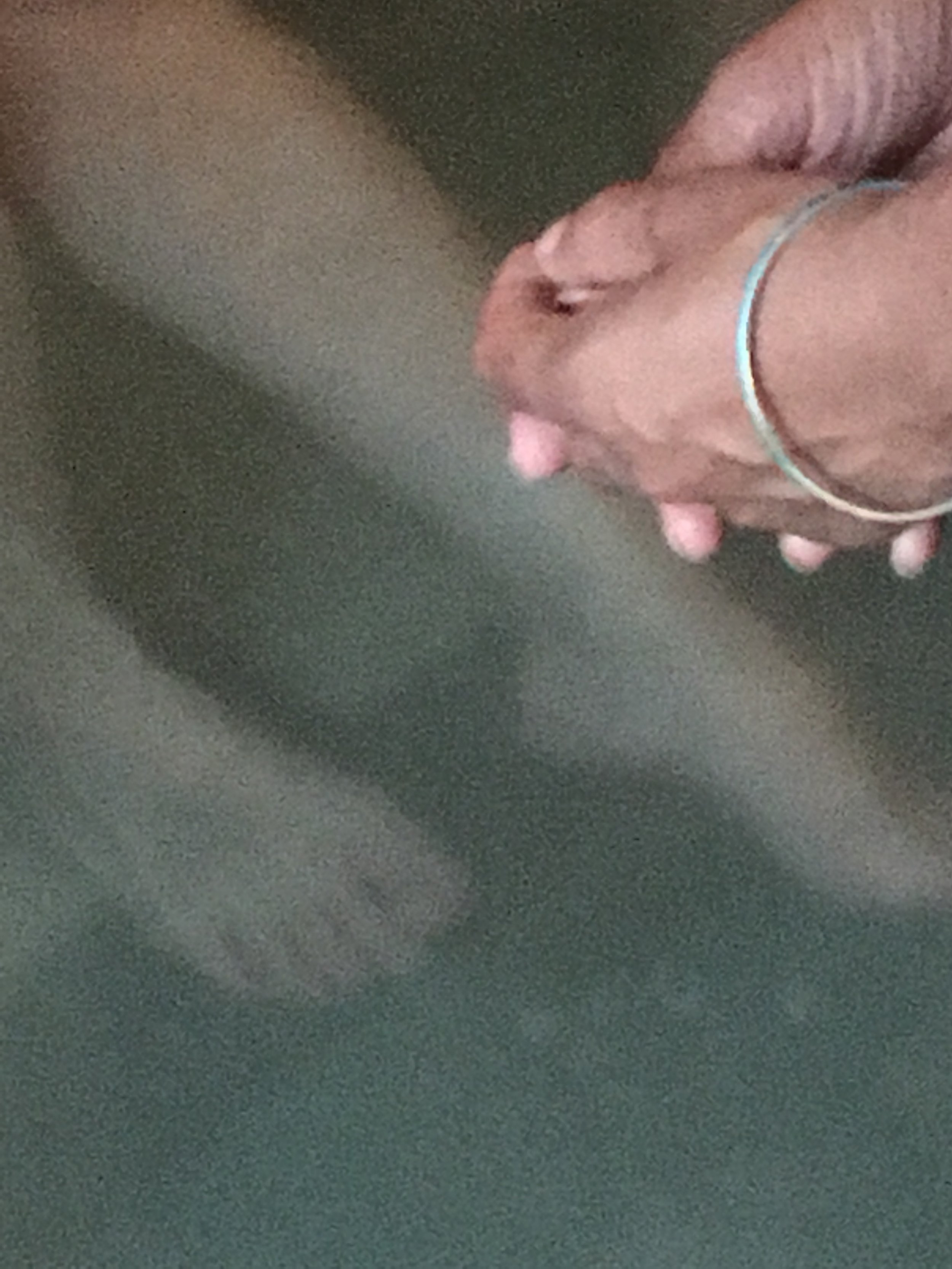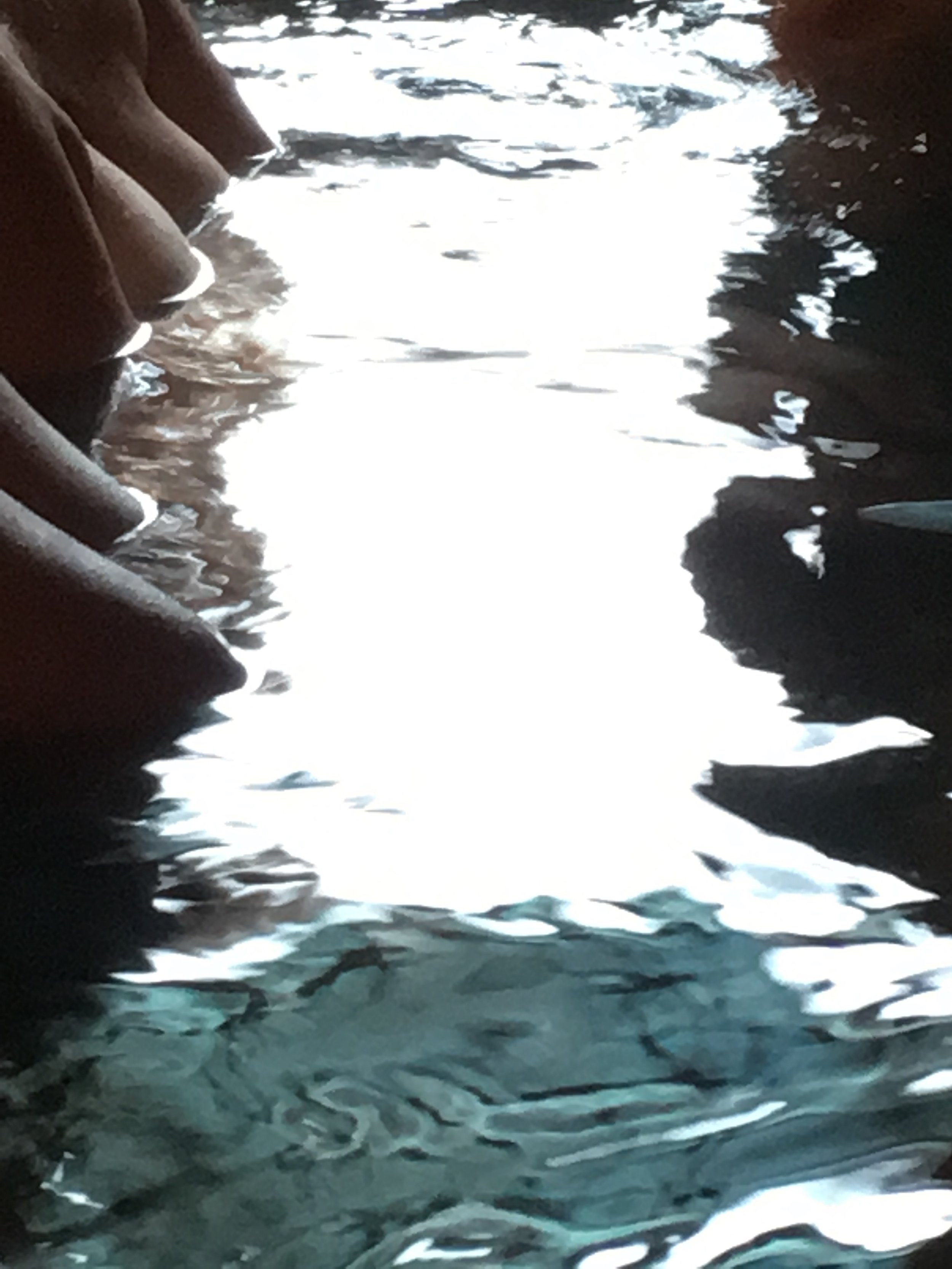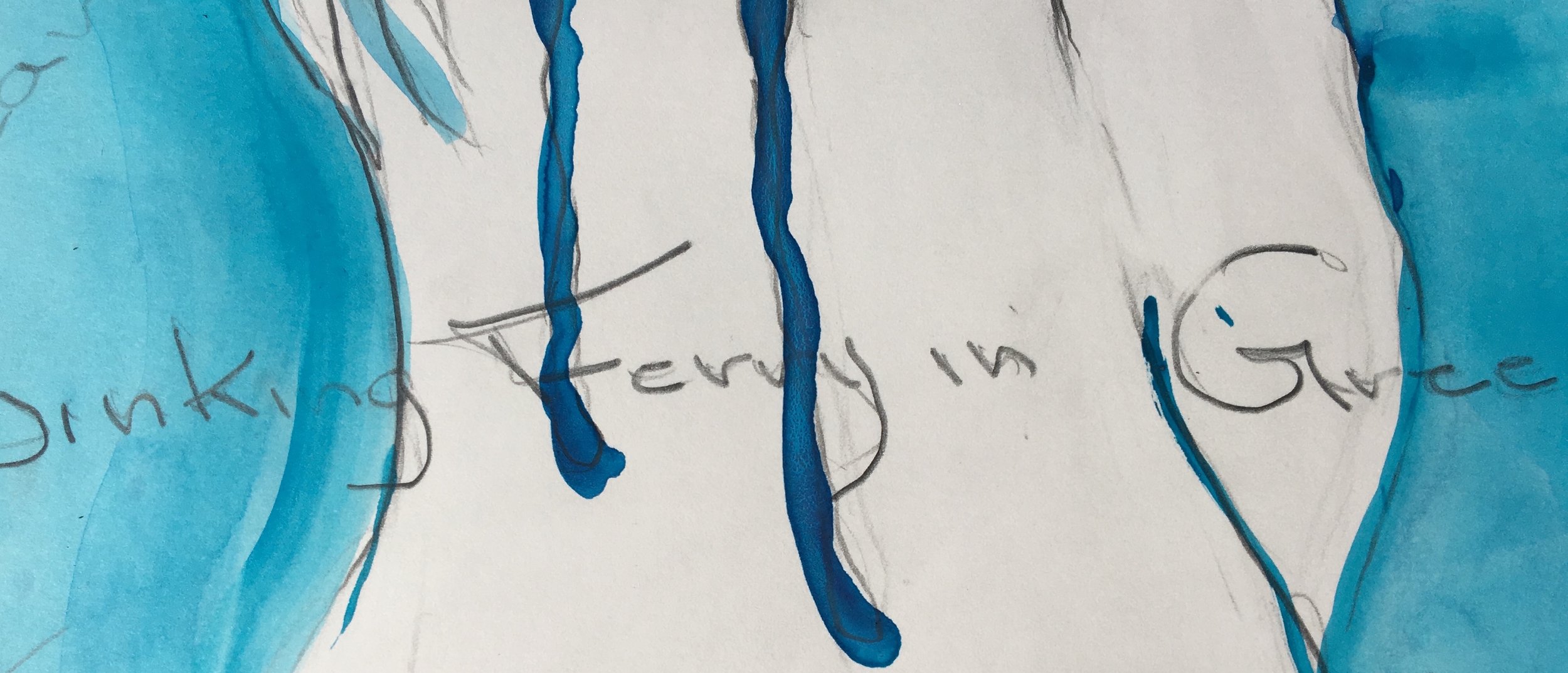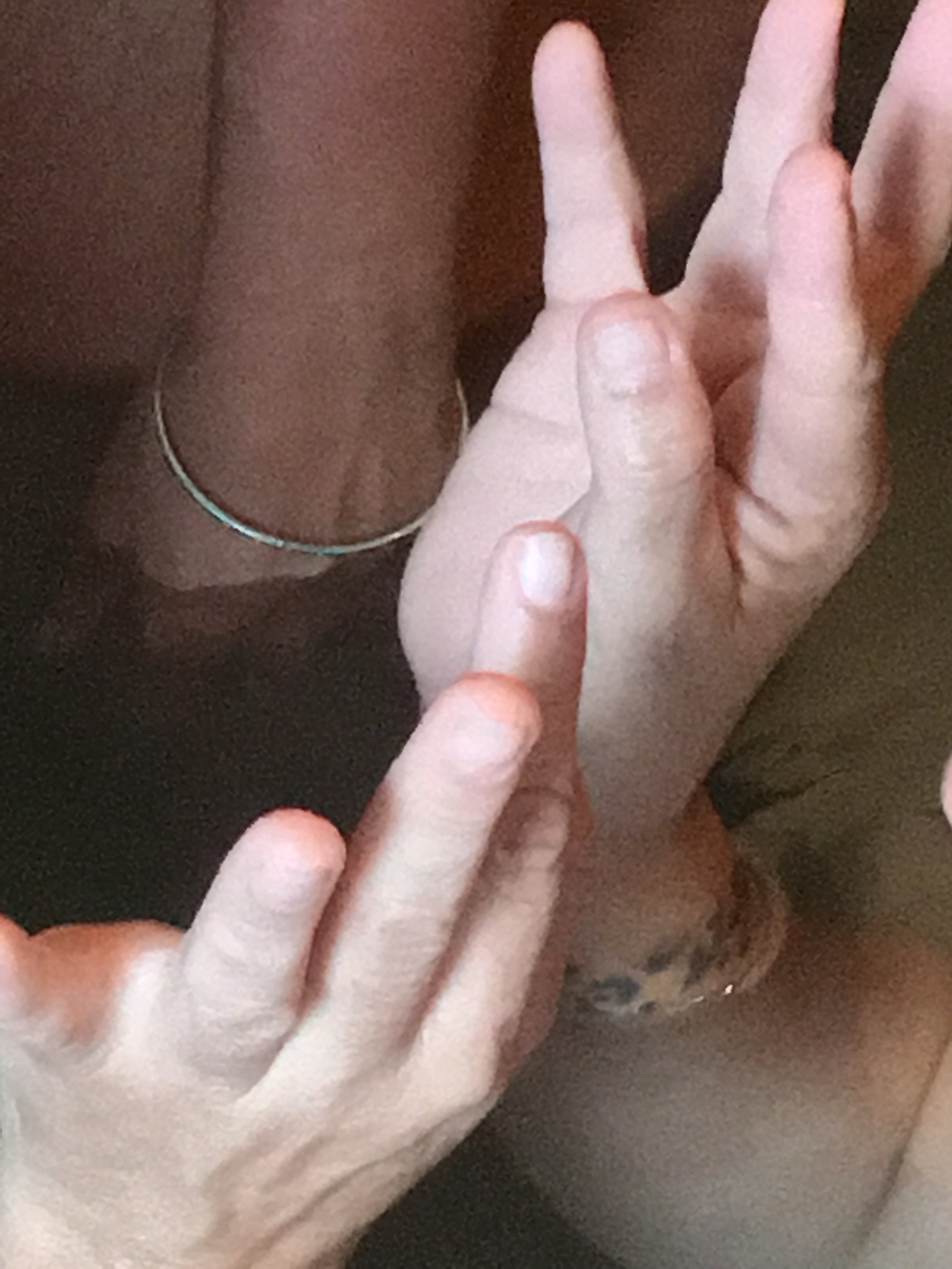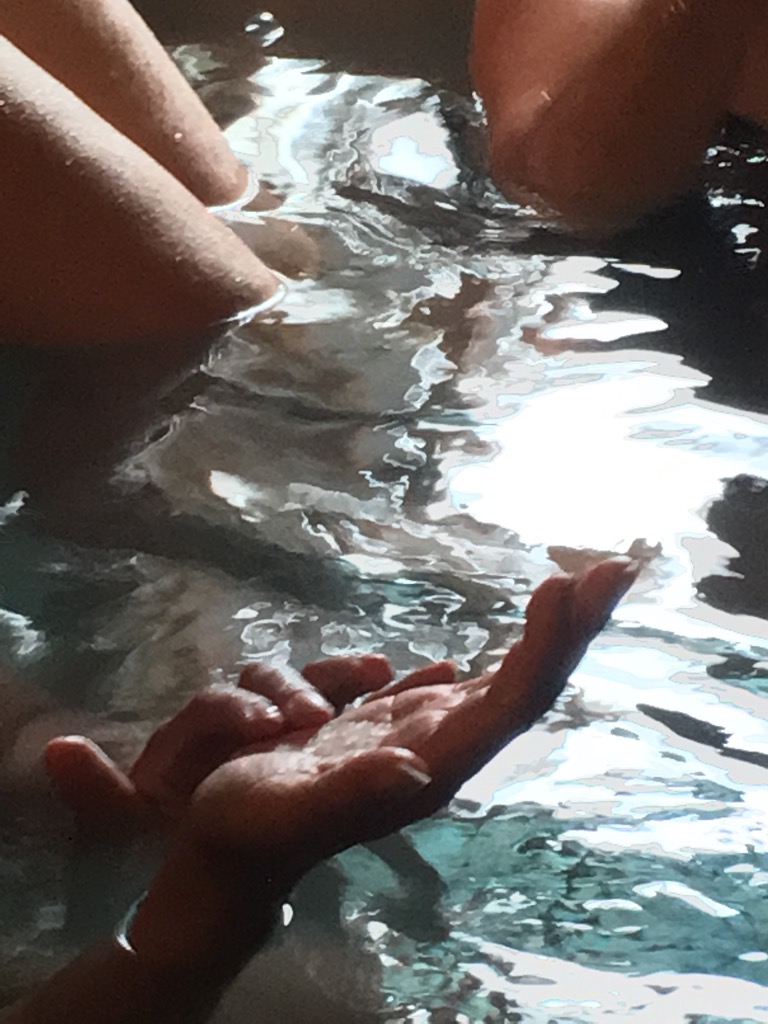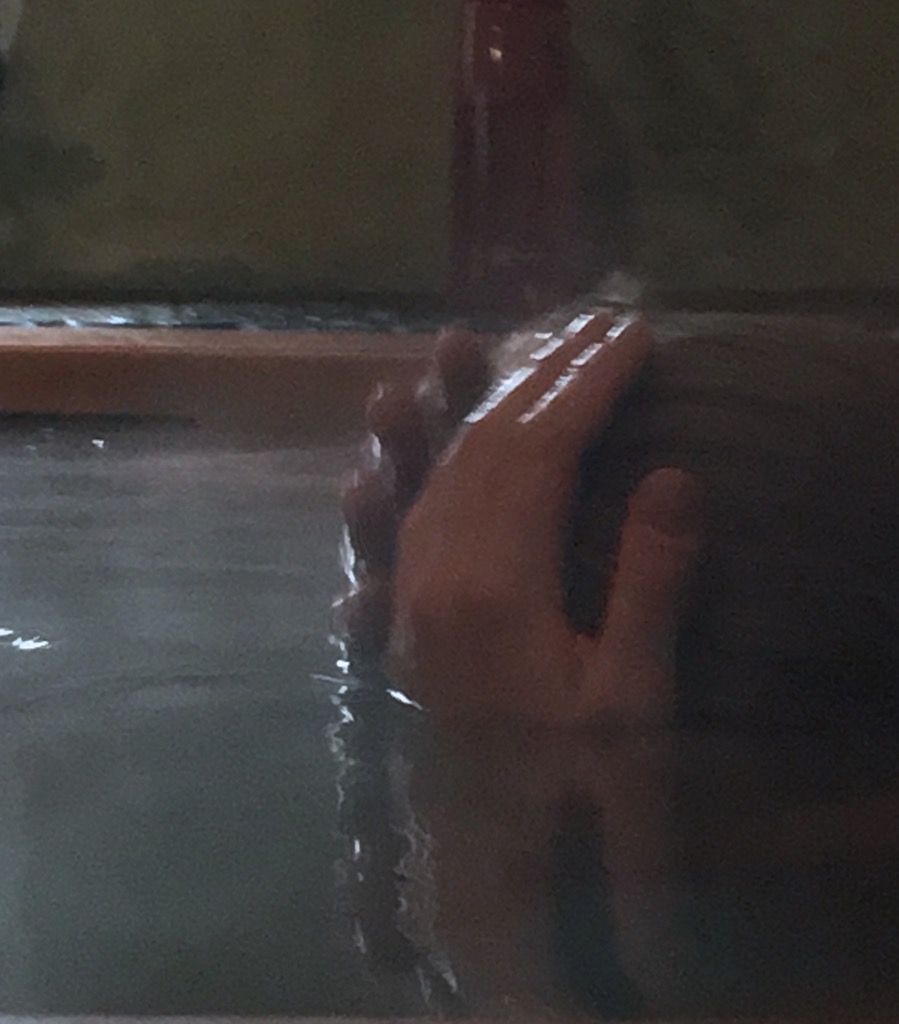“Walk/Move[1] Listen Make: Kwinitekw/Connecticut River Valley” invites inhabitants of the Kwinitekw River watershed to walk with the Land.[2] “Walk/Move Listen Make” is a community co-creation and deep listening project to attune us to our beloved Land, Water and all our “environmental kin.”[3] We invite the community to walk-move together to restore reciprocal, consensual and sustaining relationships with each other, with Land and our watershed. What can we learn by journeying together, listening deeply to each other and our other-than-human kin? What can we heal by reconnecting with sacred Land? How can we walk/move towards climate justice, collective resilience, Land reparations and Indigenous self-determination?
The artist, JuPong Lin, invites neighbors, family, friends and residents of the Kwinitekw Valley to walk/move and make art and poetry together. Walking scores or instructions will be offered, as well as deep listening and attunement workshops, to guide journeys (scroll down for sample scores). Field recordings will be made of the voices, stories and songs of the two-legged, four-legged, winged, and rooted critters. SoundWalks will be composed from recordings and made into podcasts for others to listen to while journeying. An ecoart installation will be created from art, poetry, and stories of walkers/movers.
I acknowledge the Land where I live and work is the unceded territory of the Nipmuc, who since time immemorial, have cared for it. I also acknowledge our Indigenous neighbors, the Abenaki to the North, the Wampanoag to the East, the Mohegan and the Pequot to the South, the Mohican to the West. I hold myself accountable to Indigenous communities who insist that settlers must act beyond land acknowledgement to repair the harm of colonization, genocide and dispossession of Land. The project intends to uplift stories of Indigenous Peoples and descendants of enslaved people, in solidarity with BIPOC’s (Black Indigenous and People of Color) struggles for reparations and #Landback.
Contact JuPong Lin at jlin@antioch.edu if you are interested in participating in the project.
[1] “Walk-move” draws attention to accessibility and those who travel by wheelchair.
[2] Sandra Styres writes Land with a capital L to reflect Indigenous relationship with Land. “Land is spiritual, emotional, and relational; Land is experiential, (re)membered, and storied;…—Land is sentient.” Sandra Styres, “Literacies of Land,” in Indigenous and Decolonizing Studies in Education: Mapping the Long View, 2018, 27.
[3] Zoe Todd and AM Kanngieser, Listening: An Invocation (CTM FESTIVAL, 2021), https://www.youtube.com/watch?v=kGe0DYMroEg.
